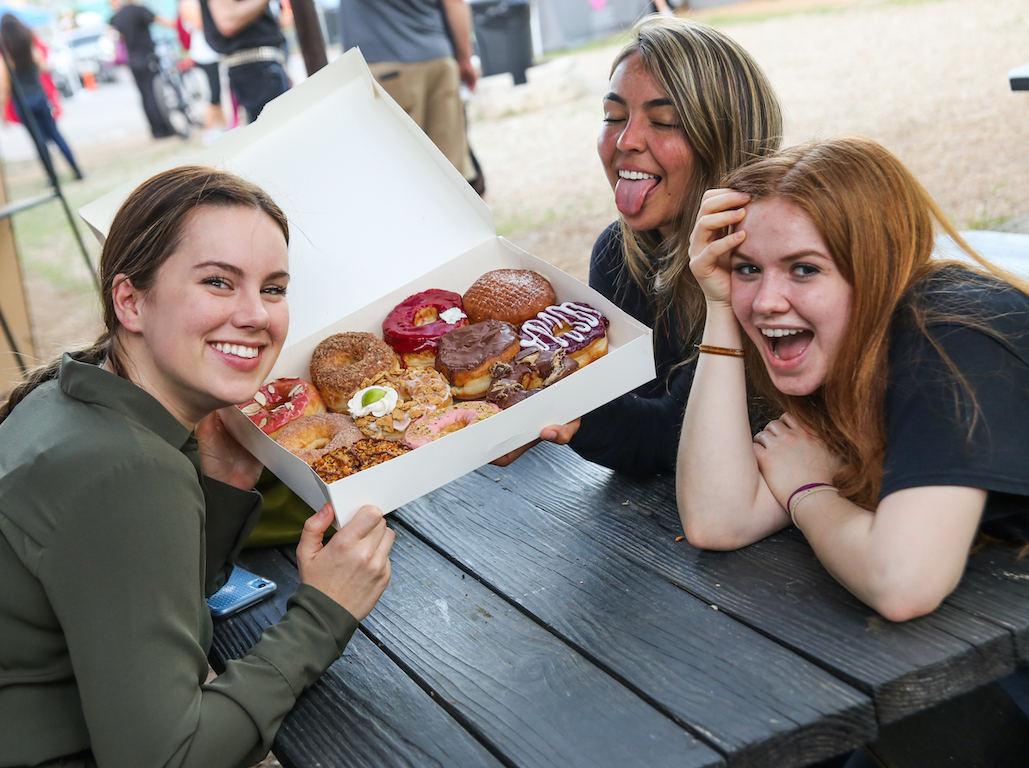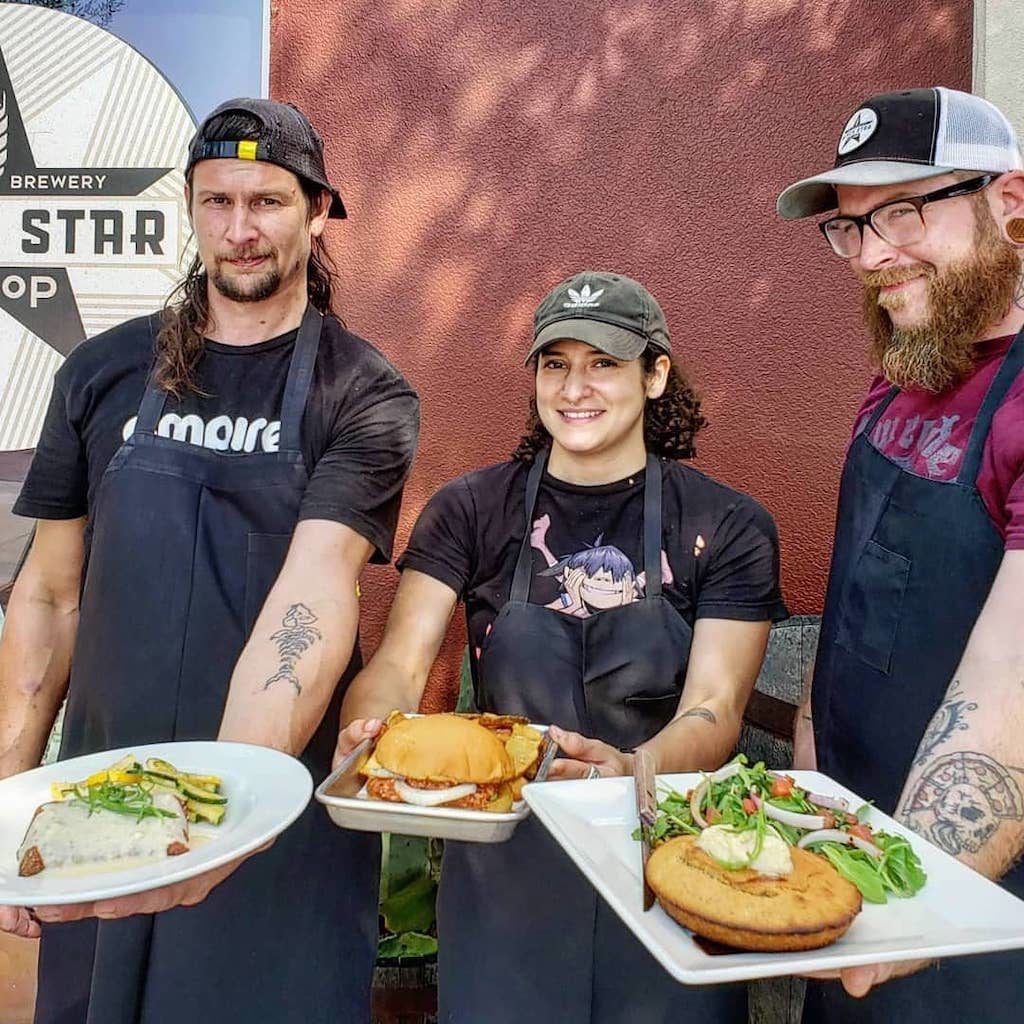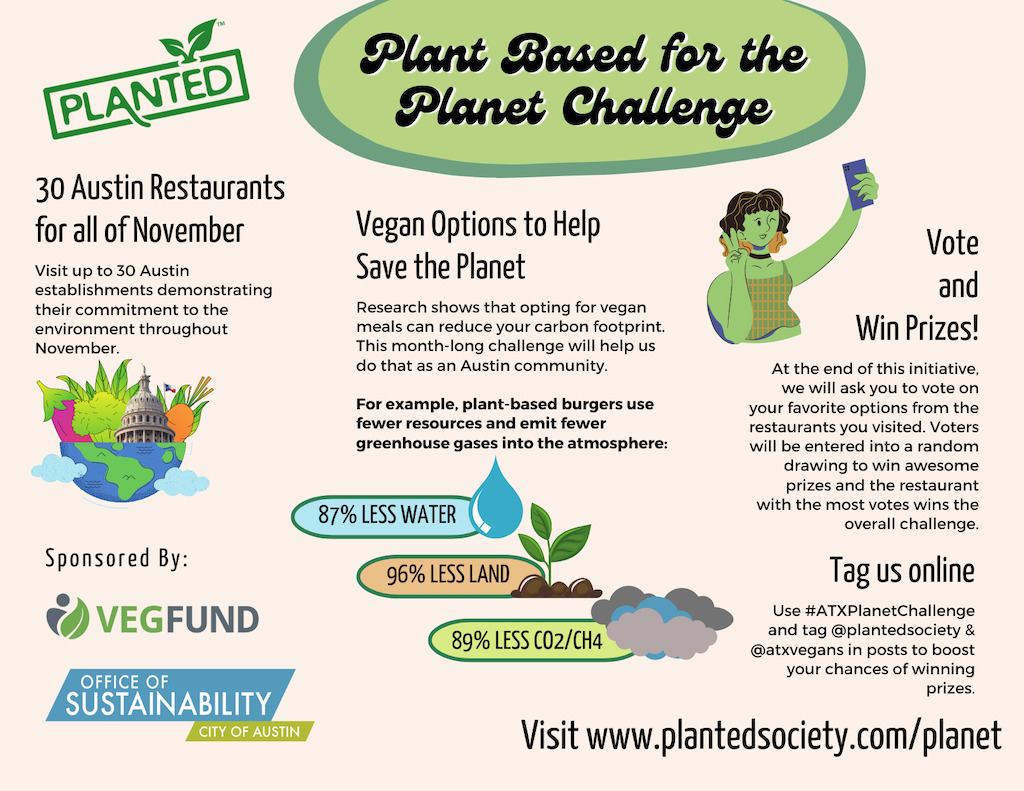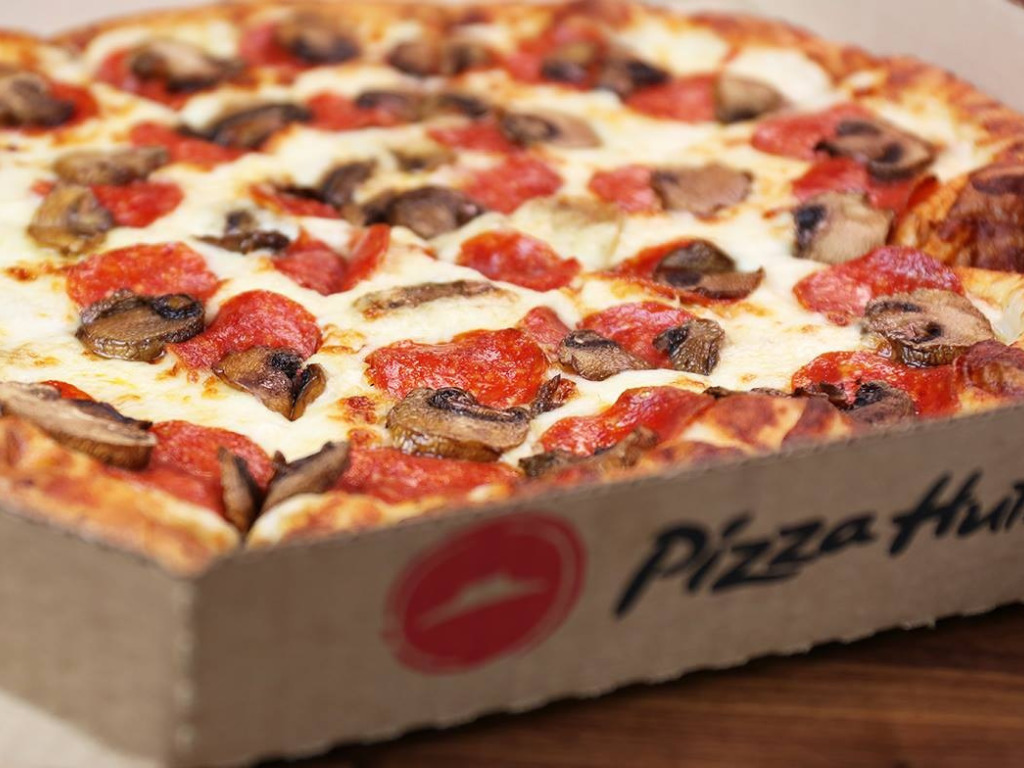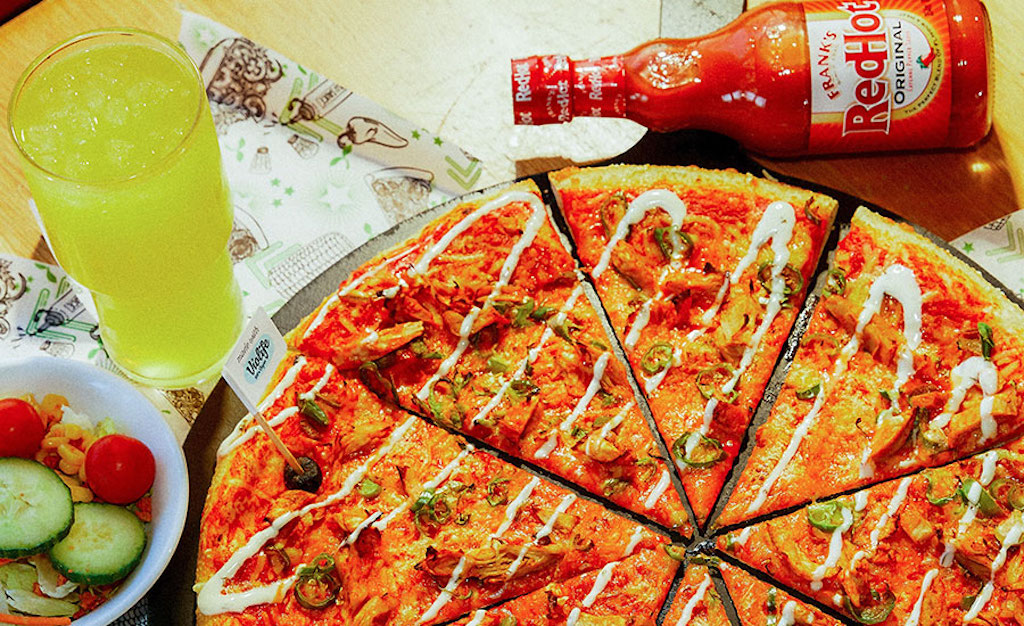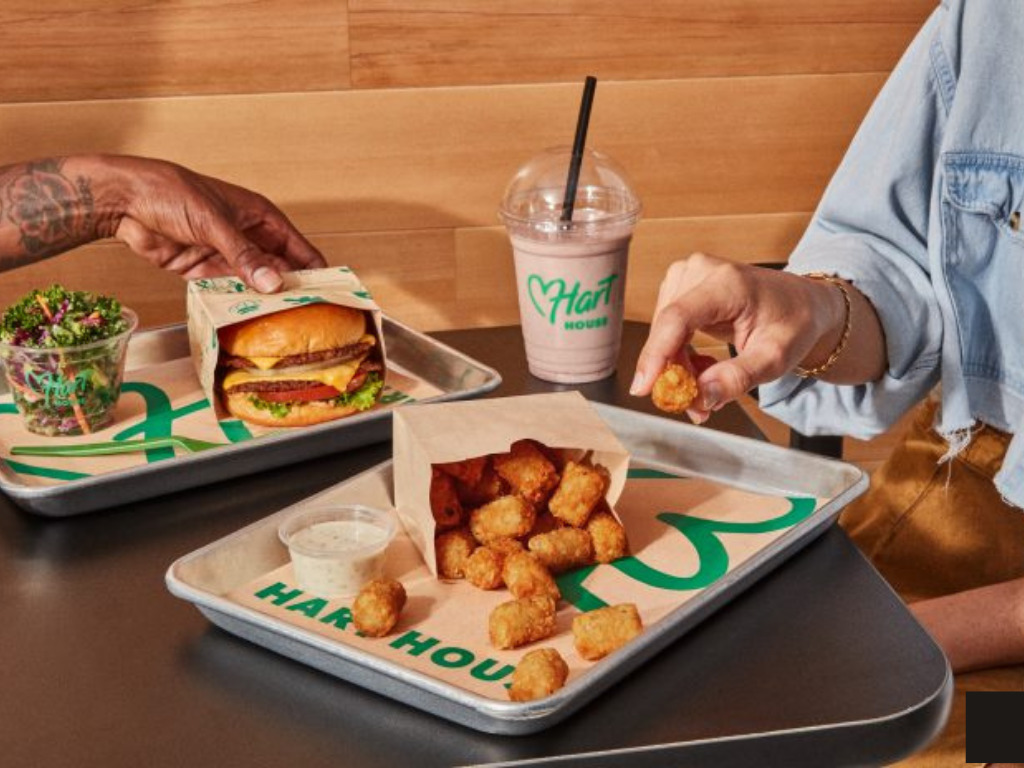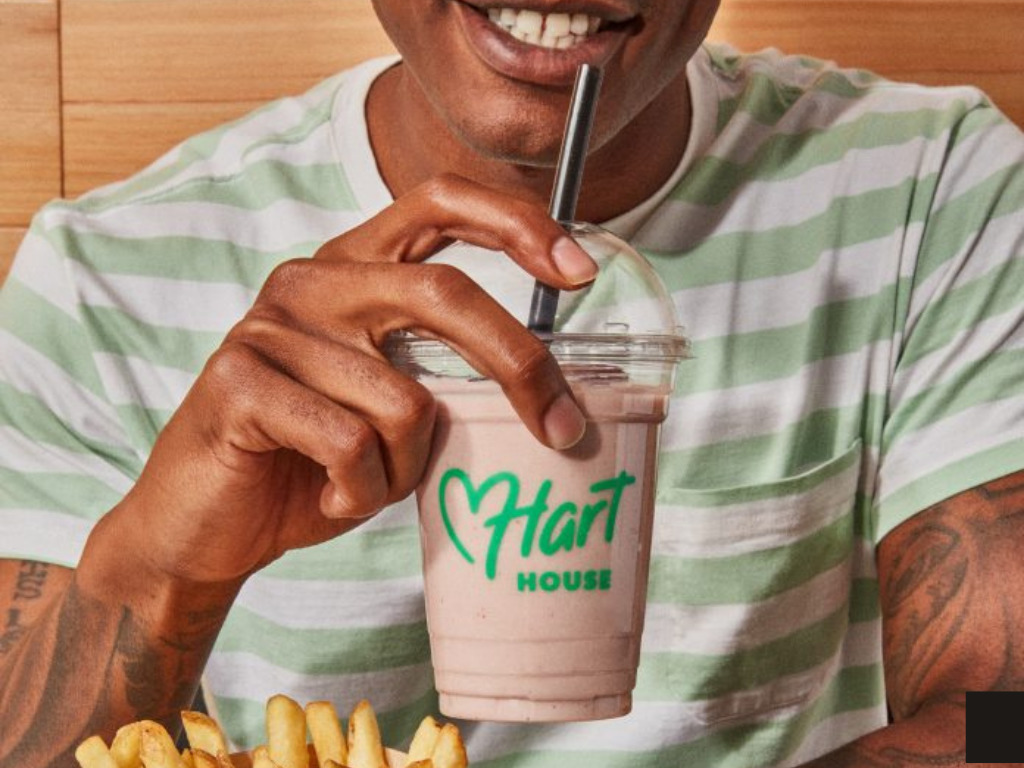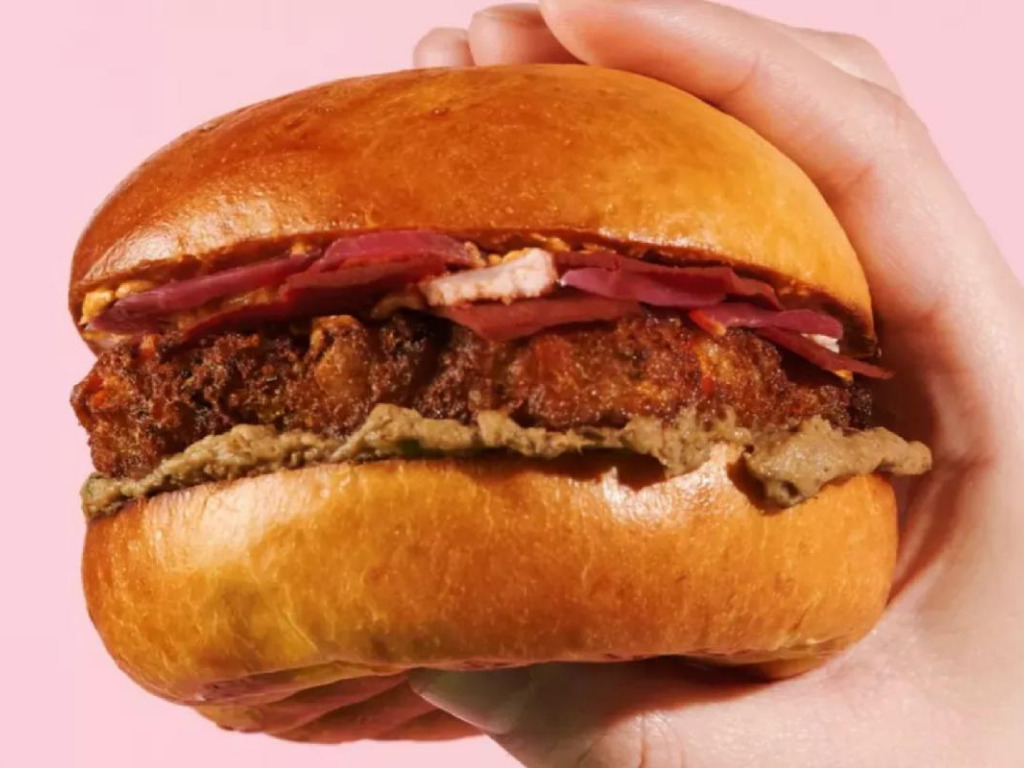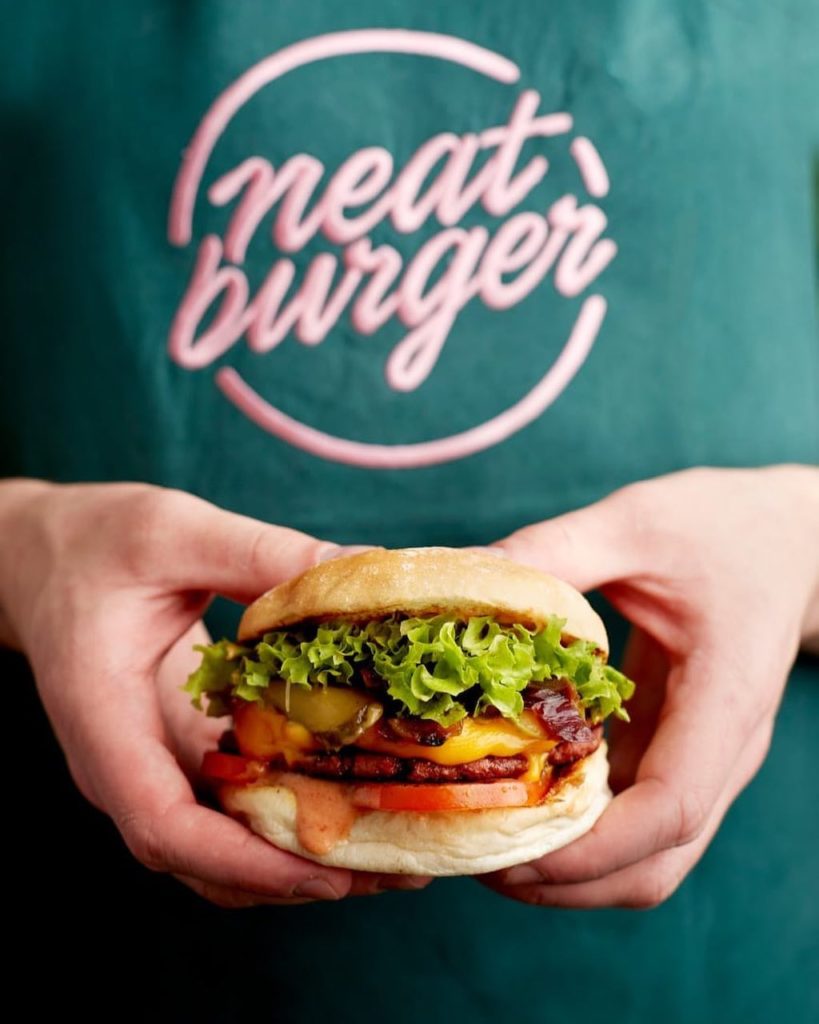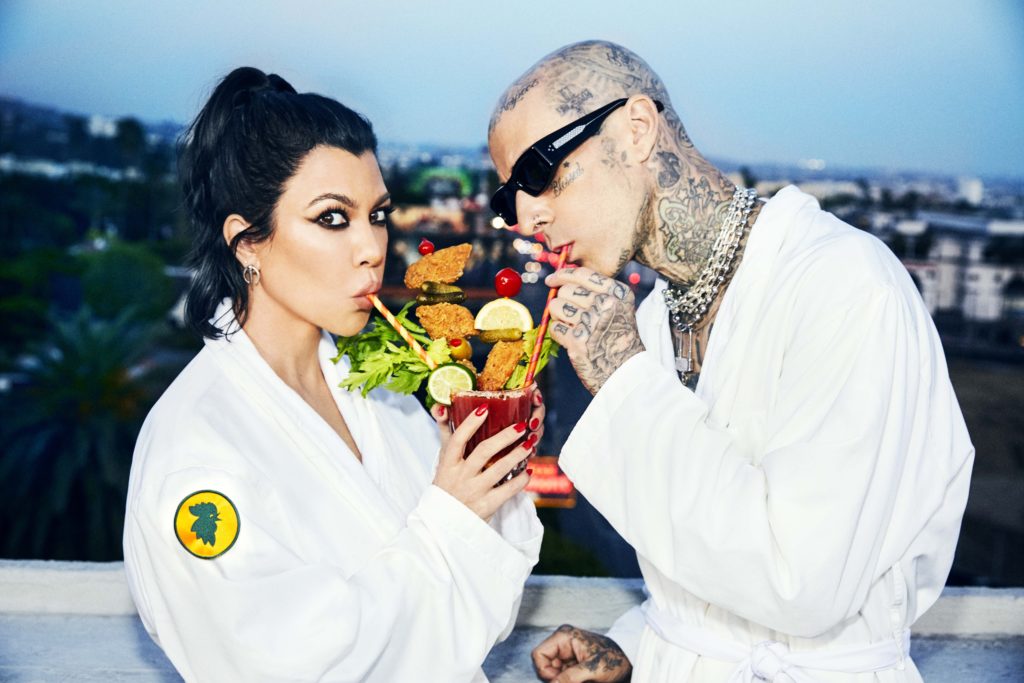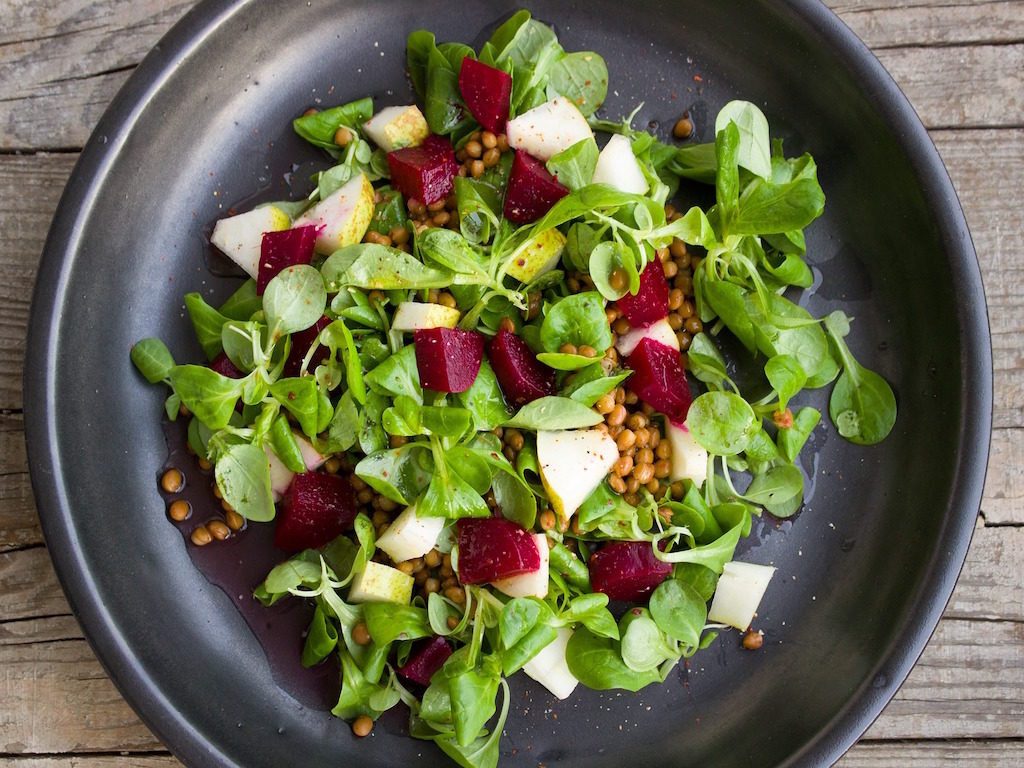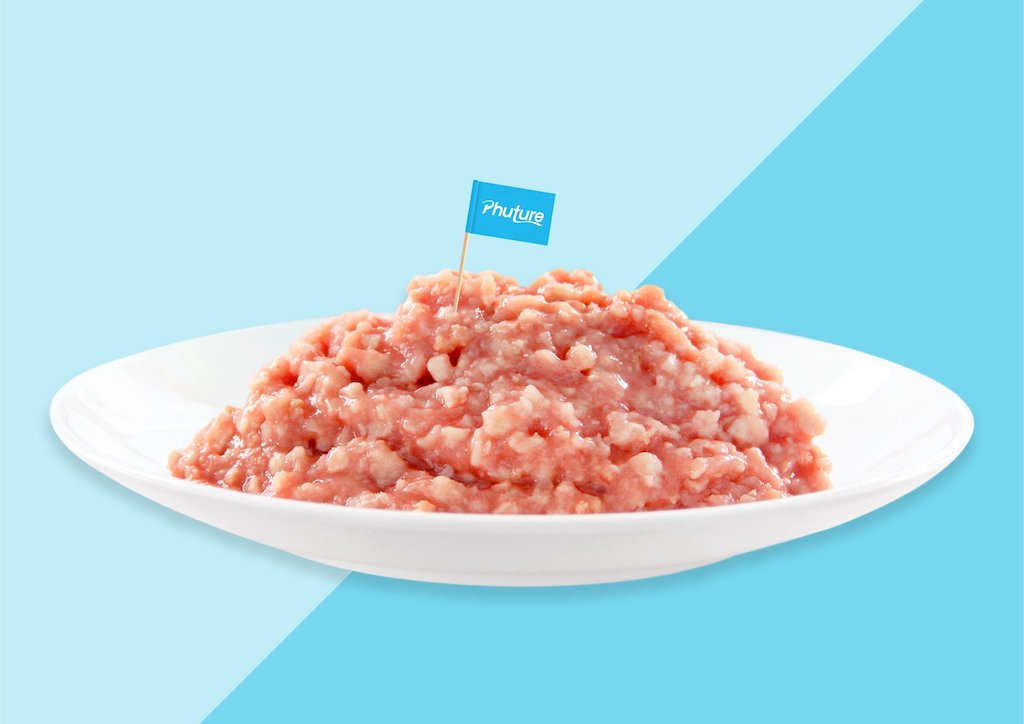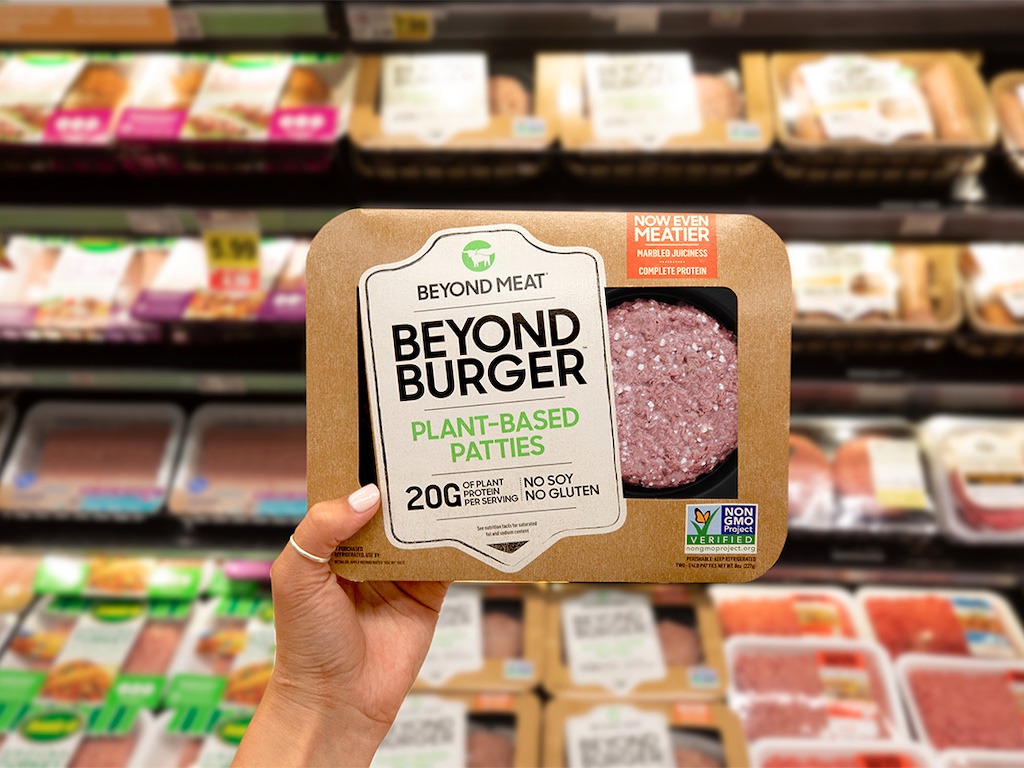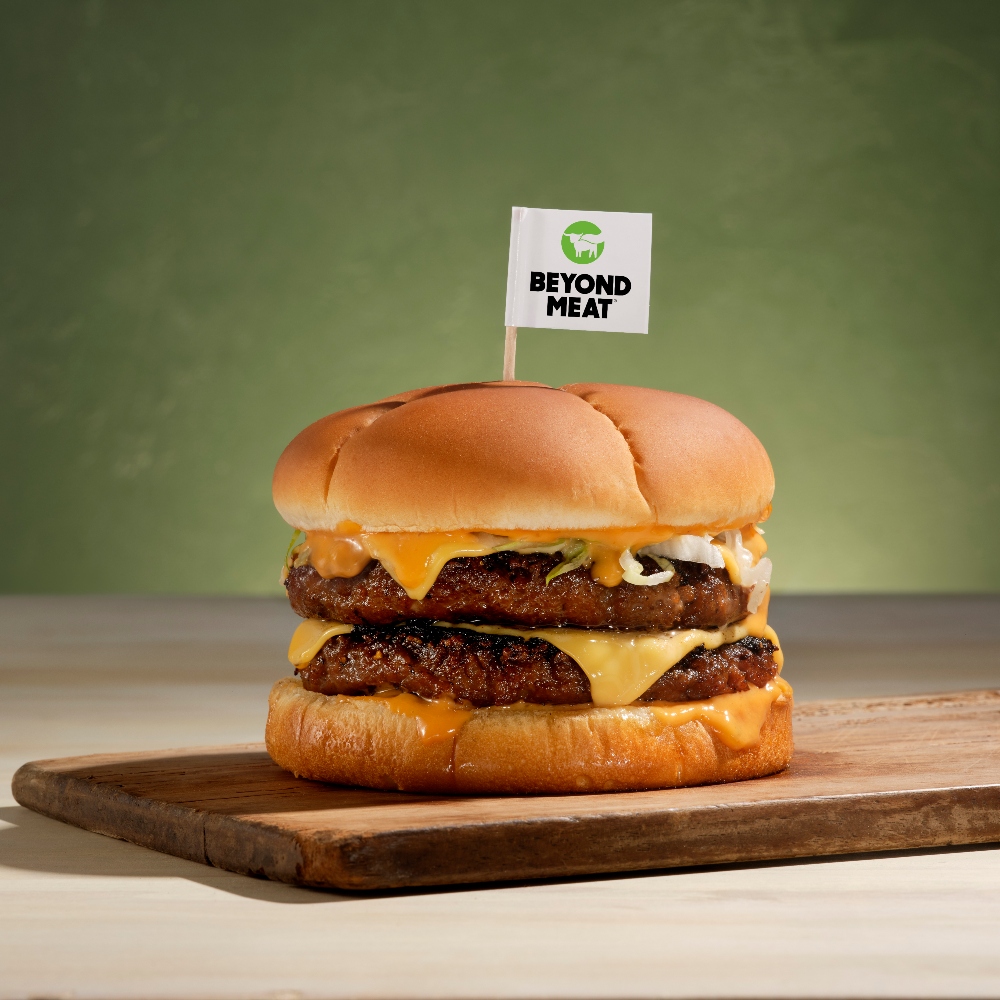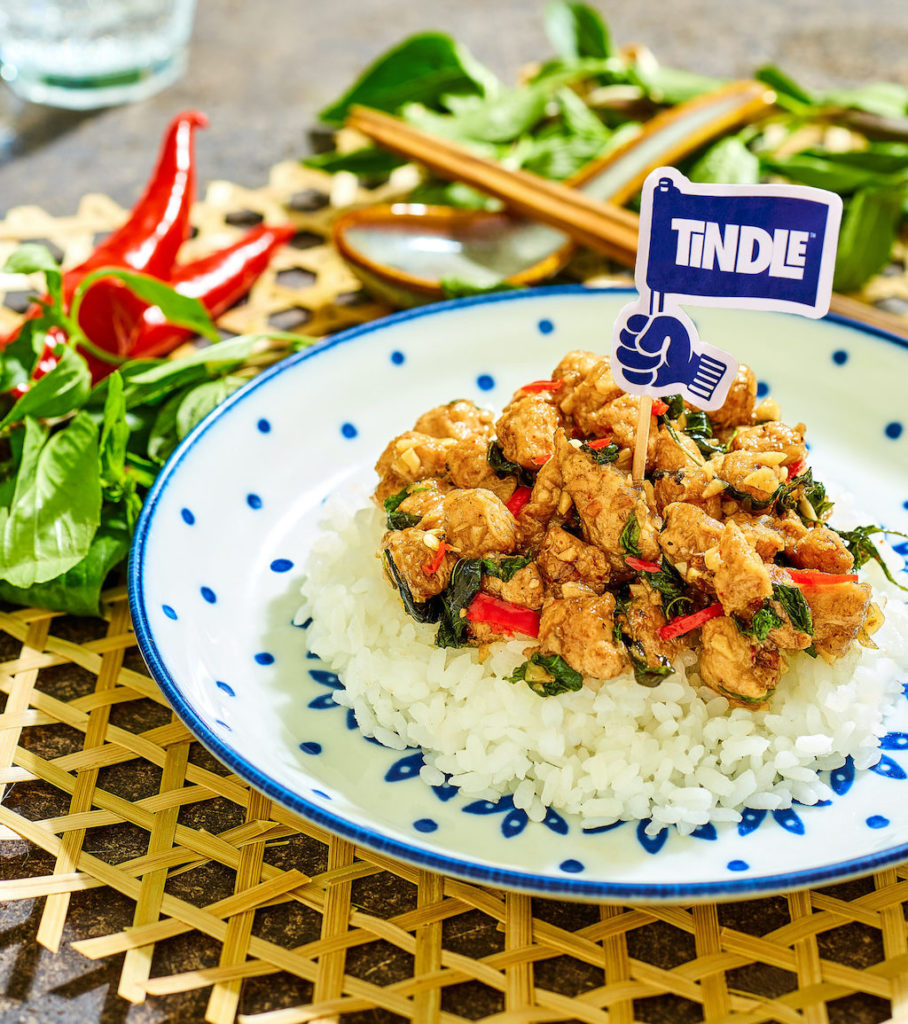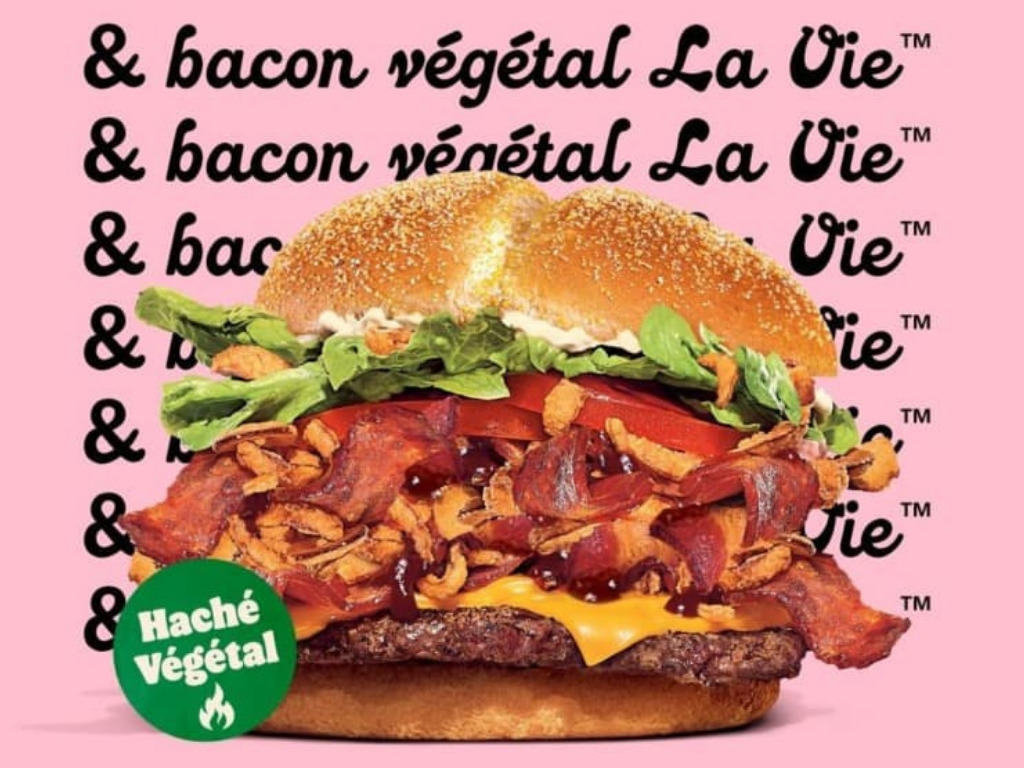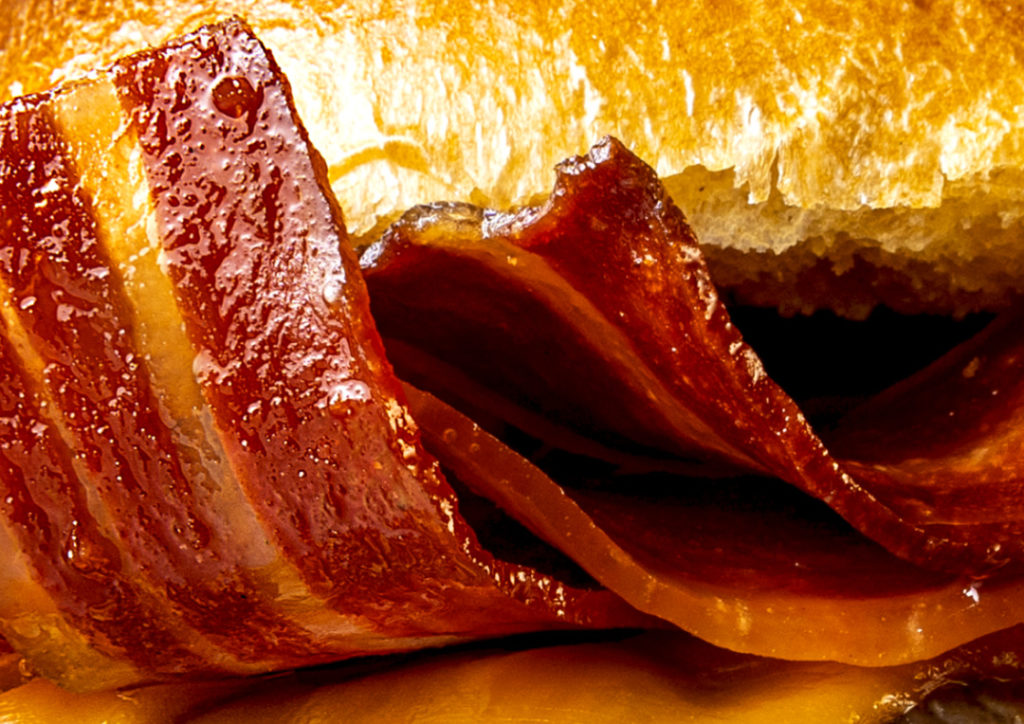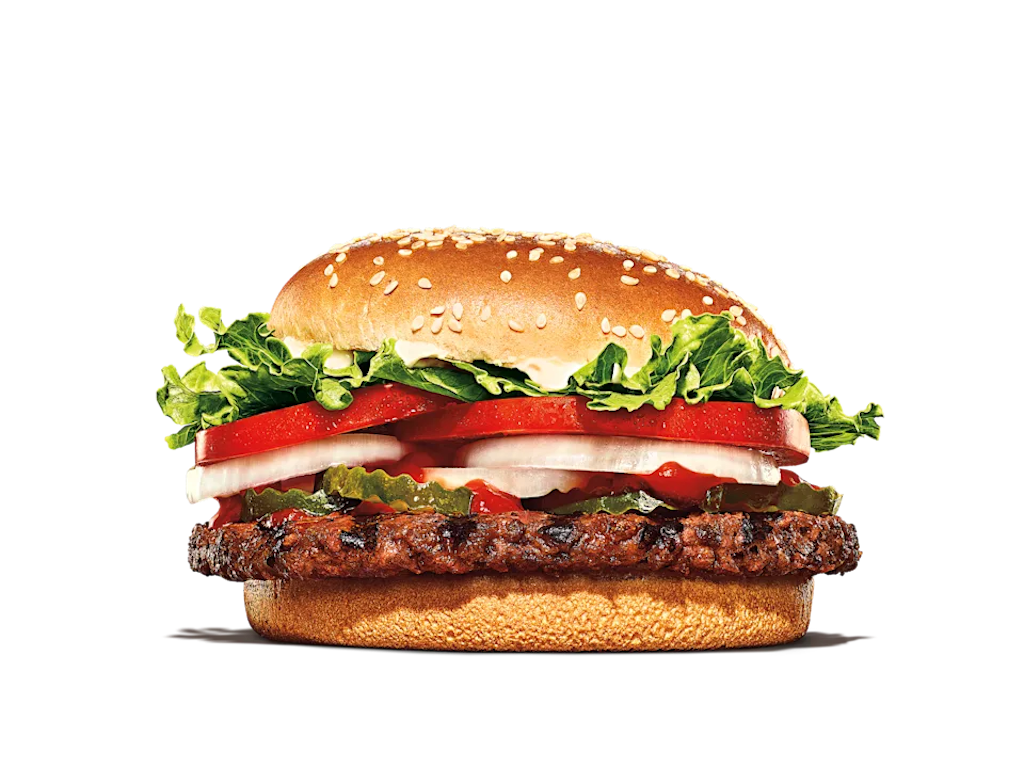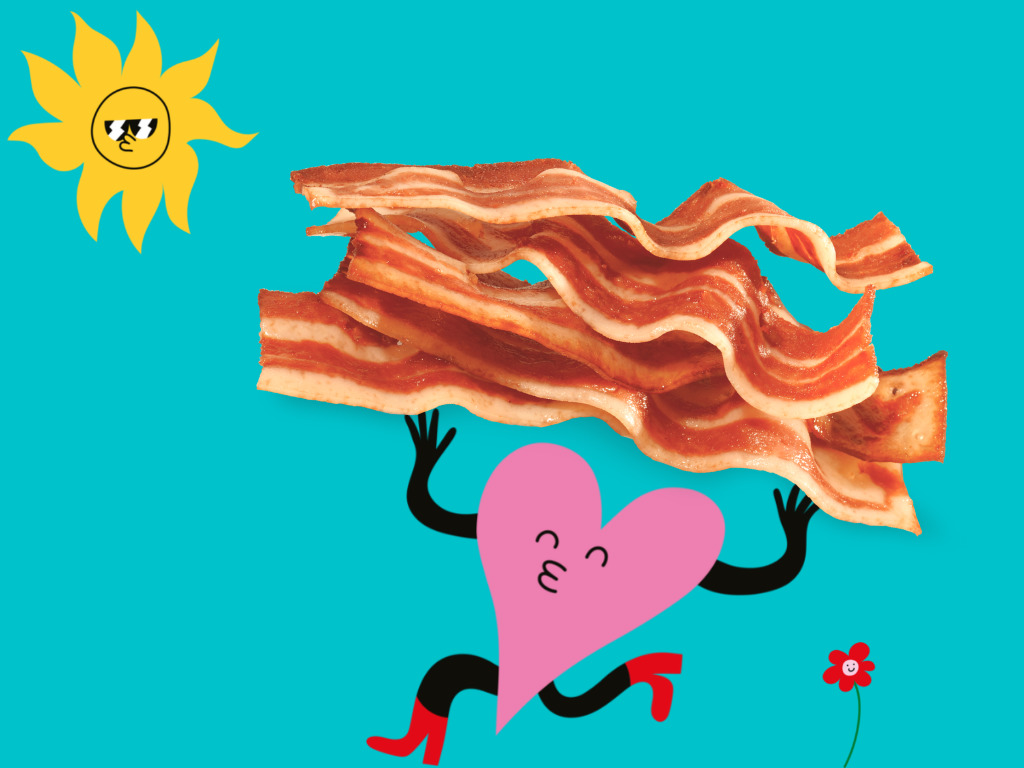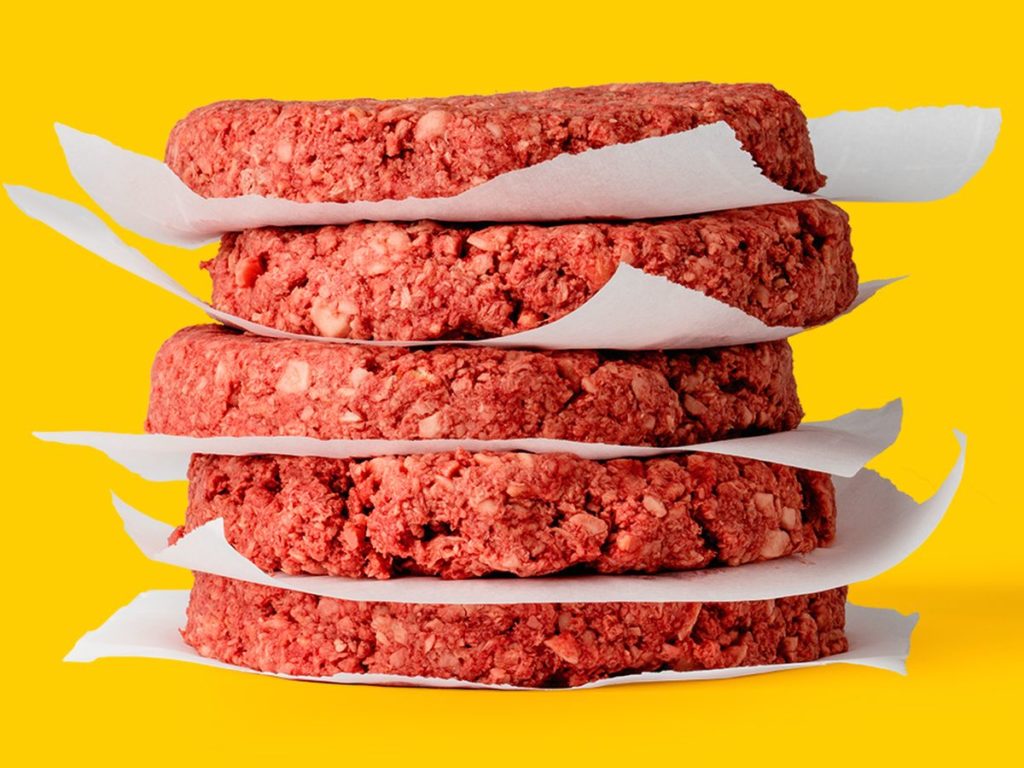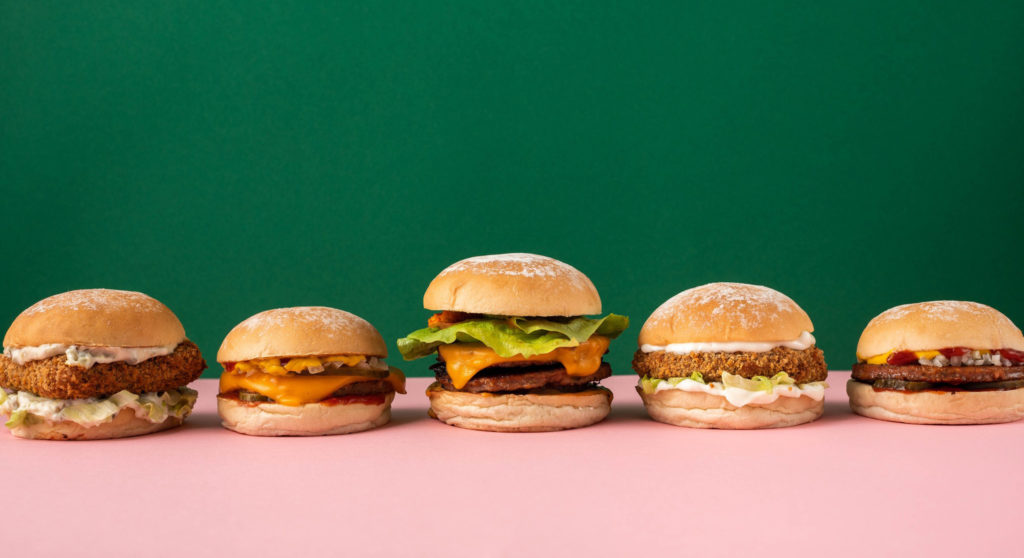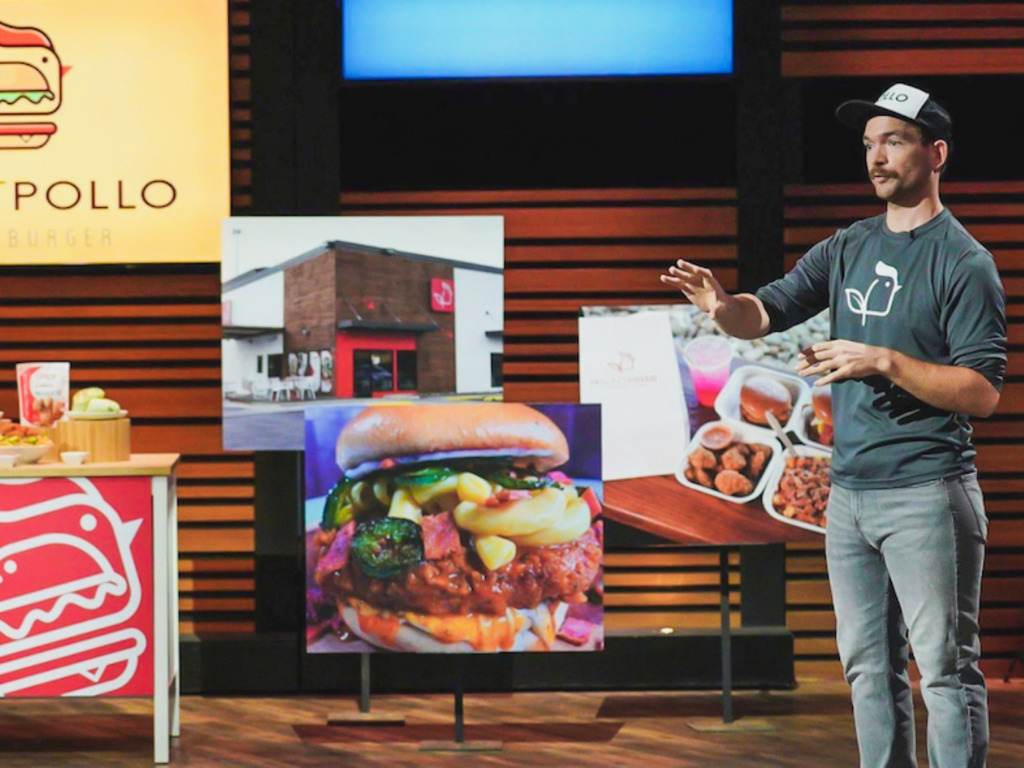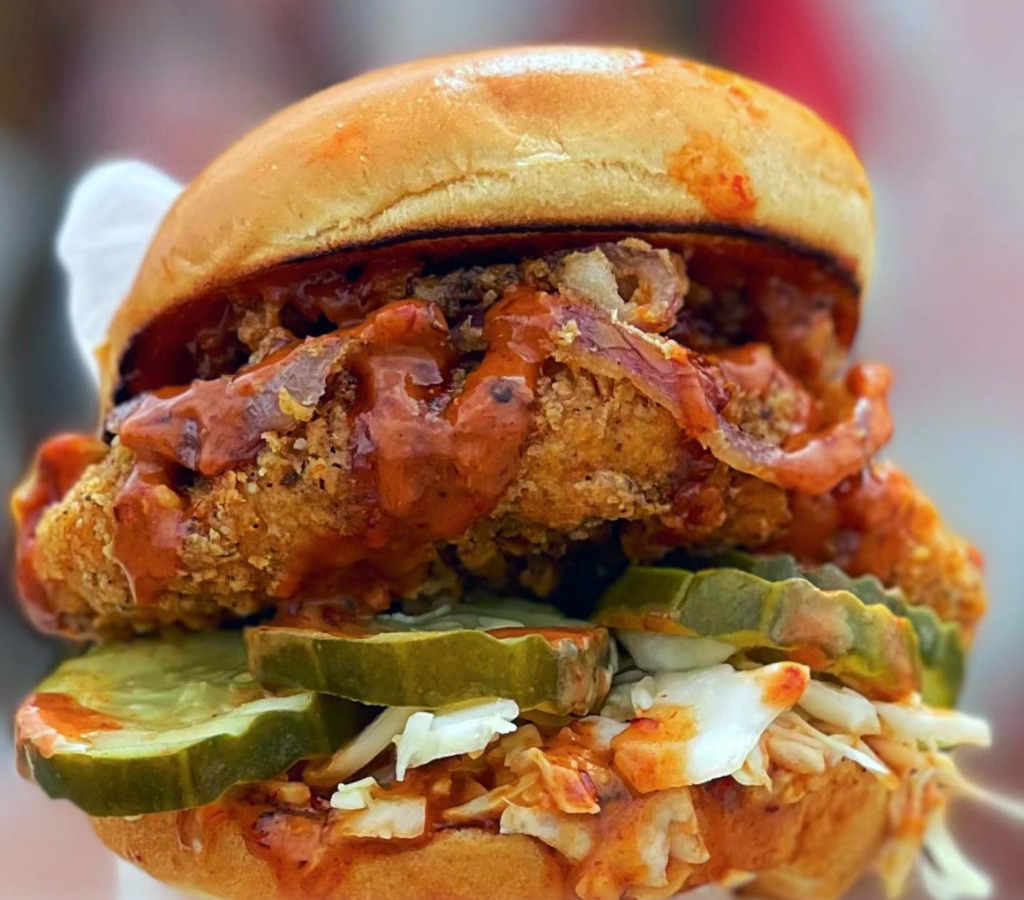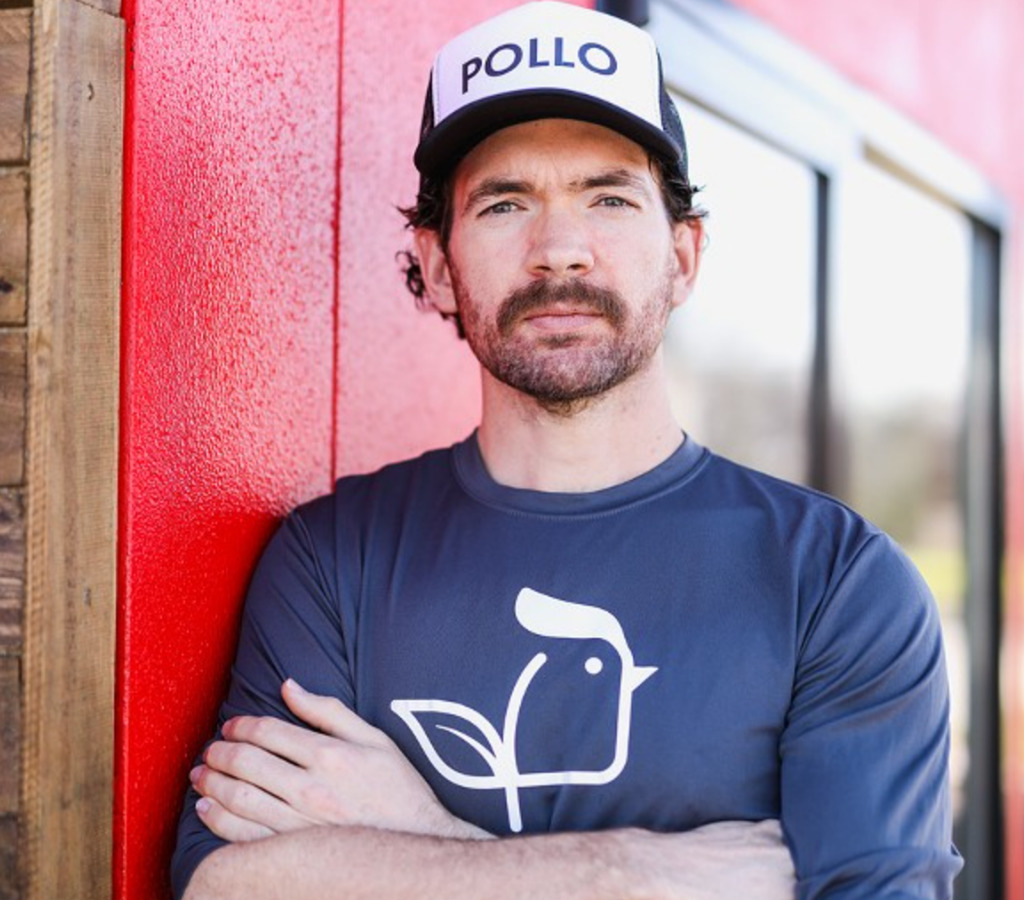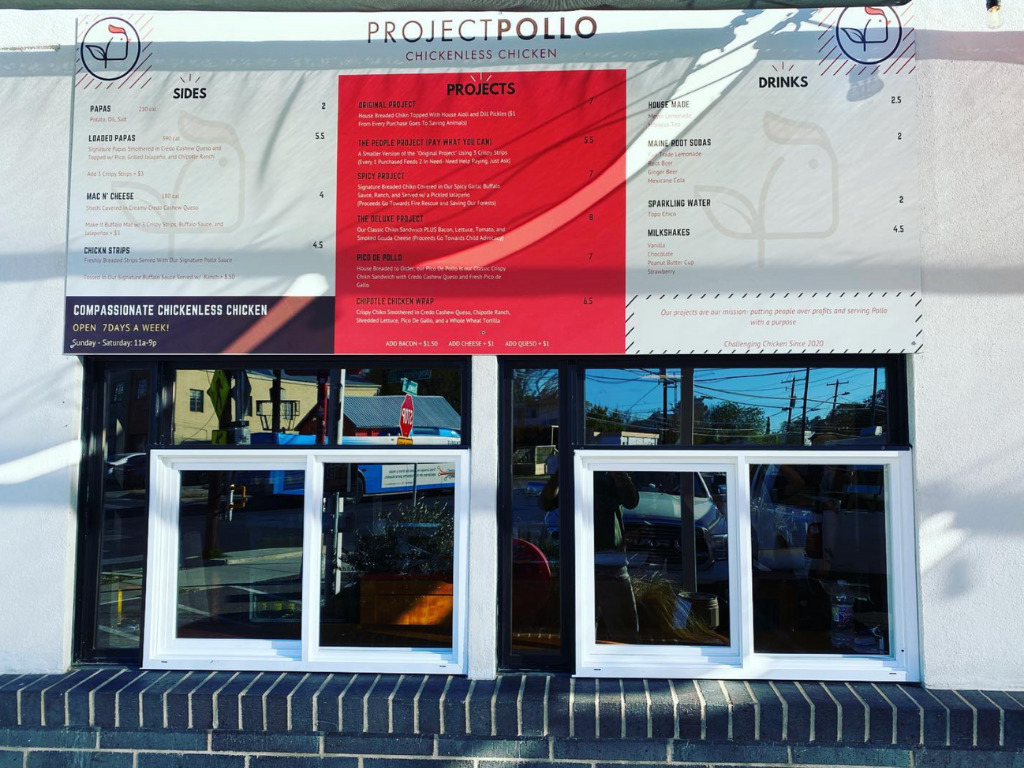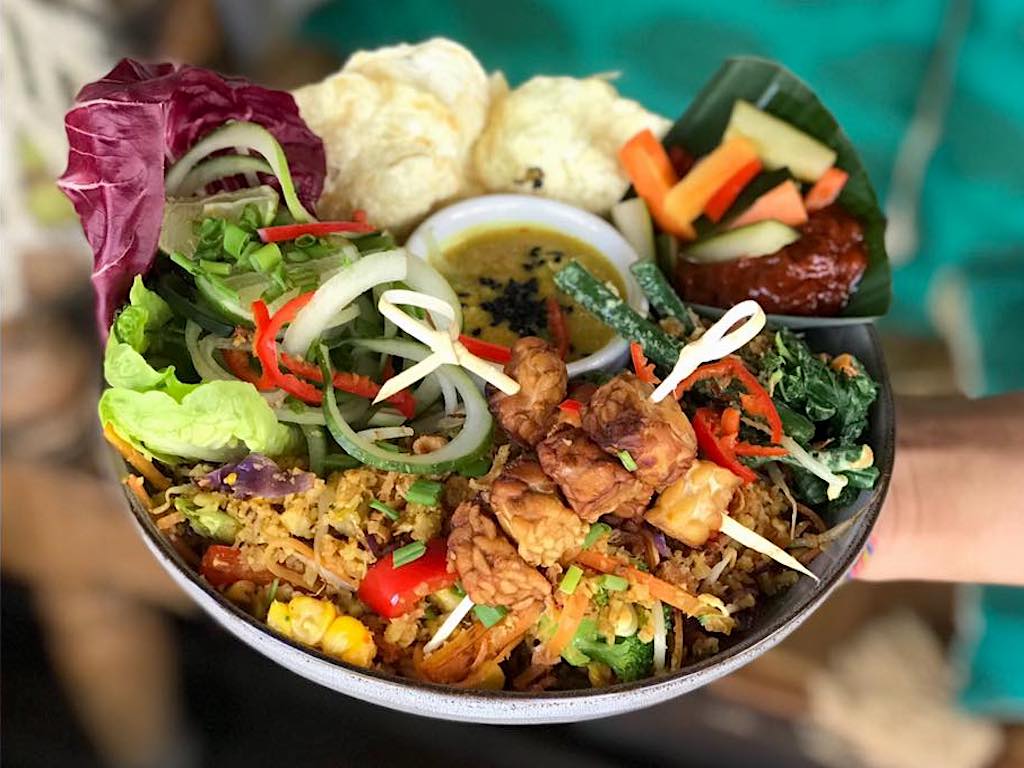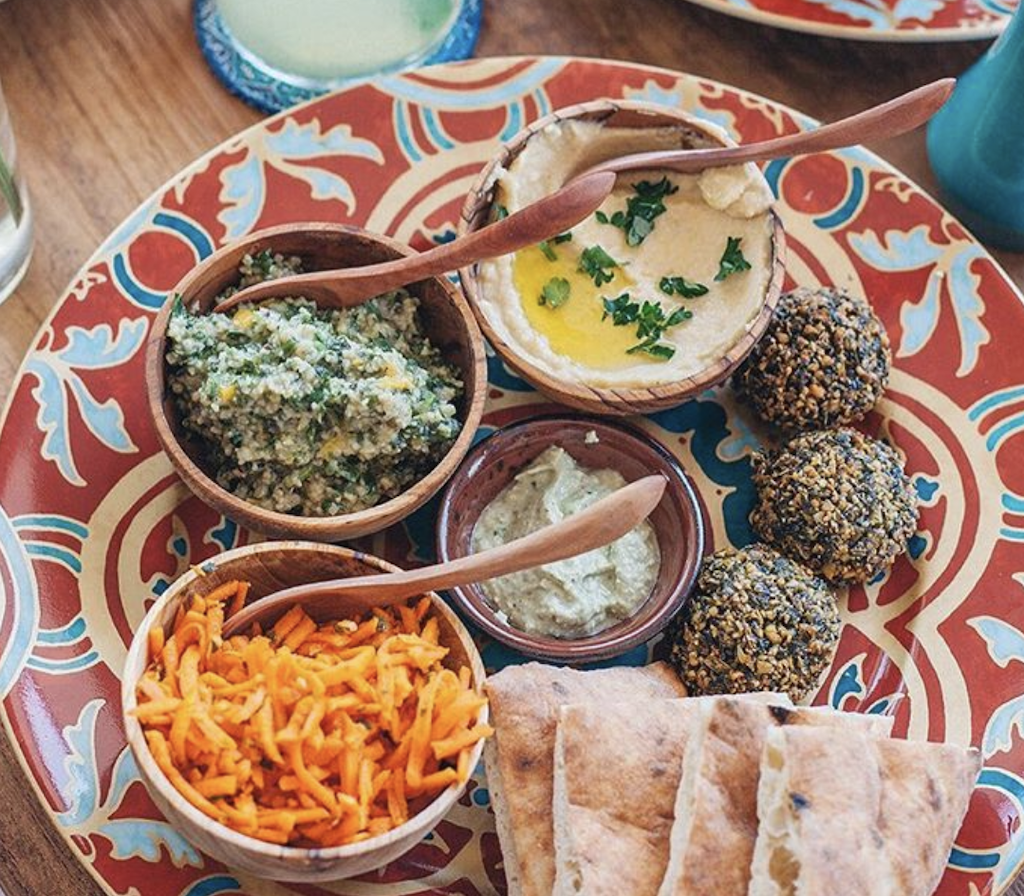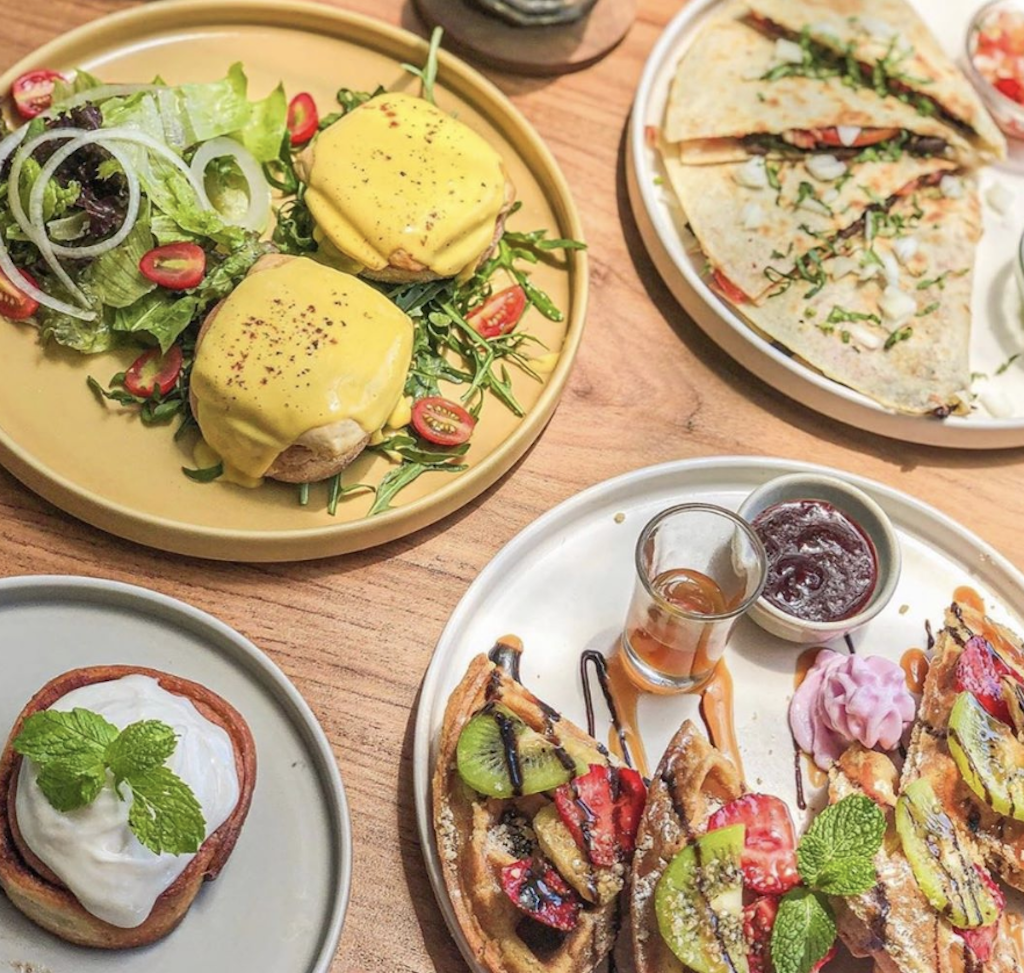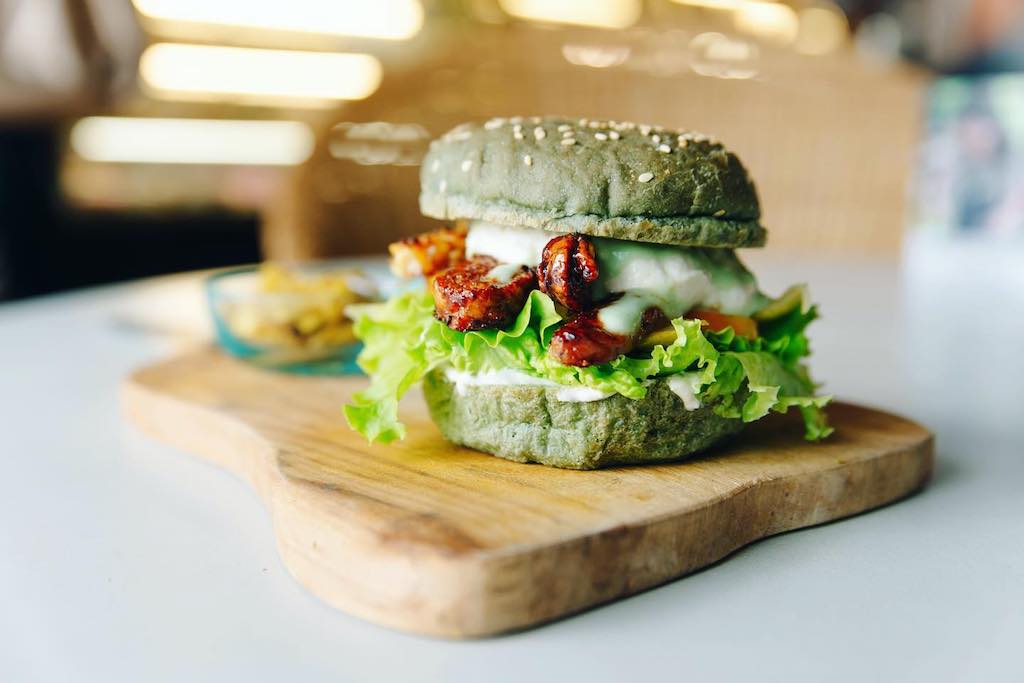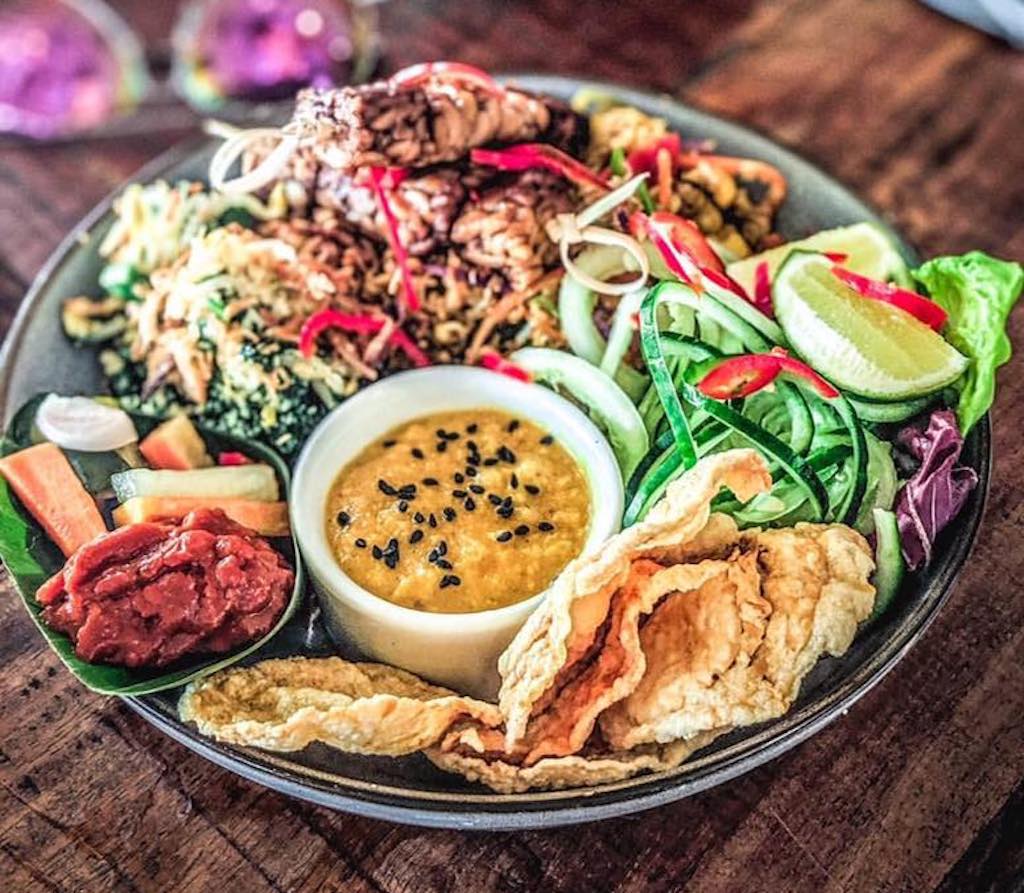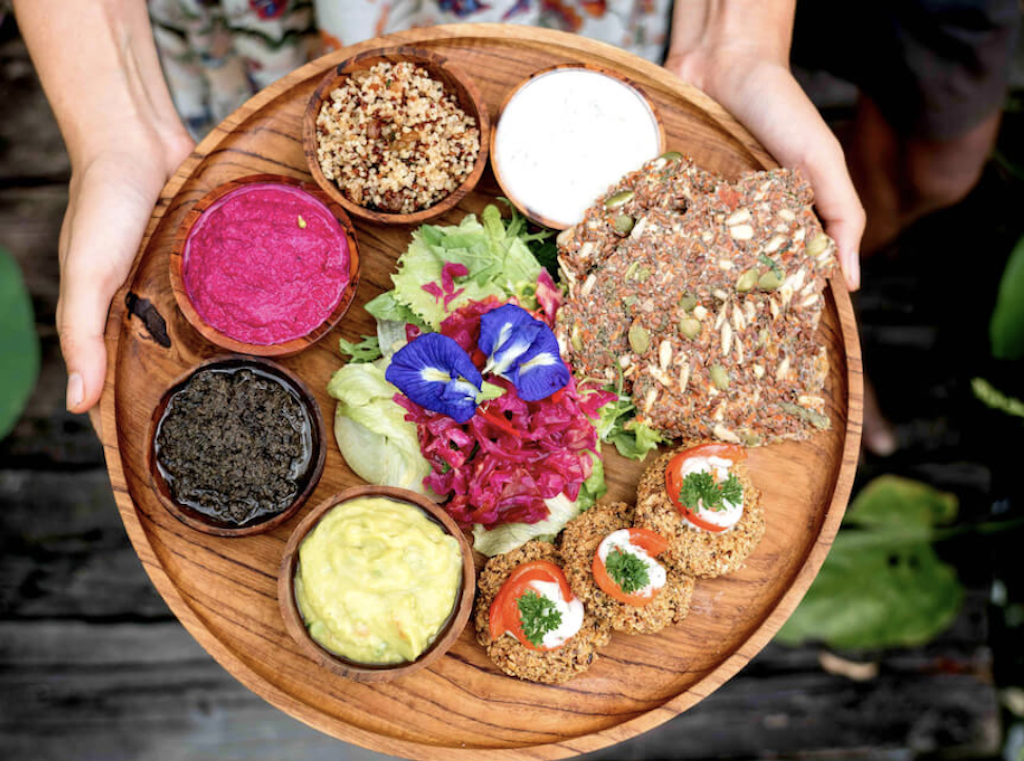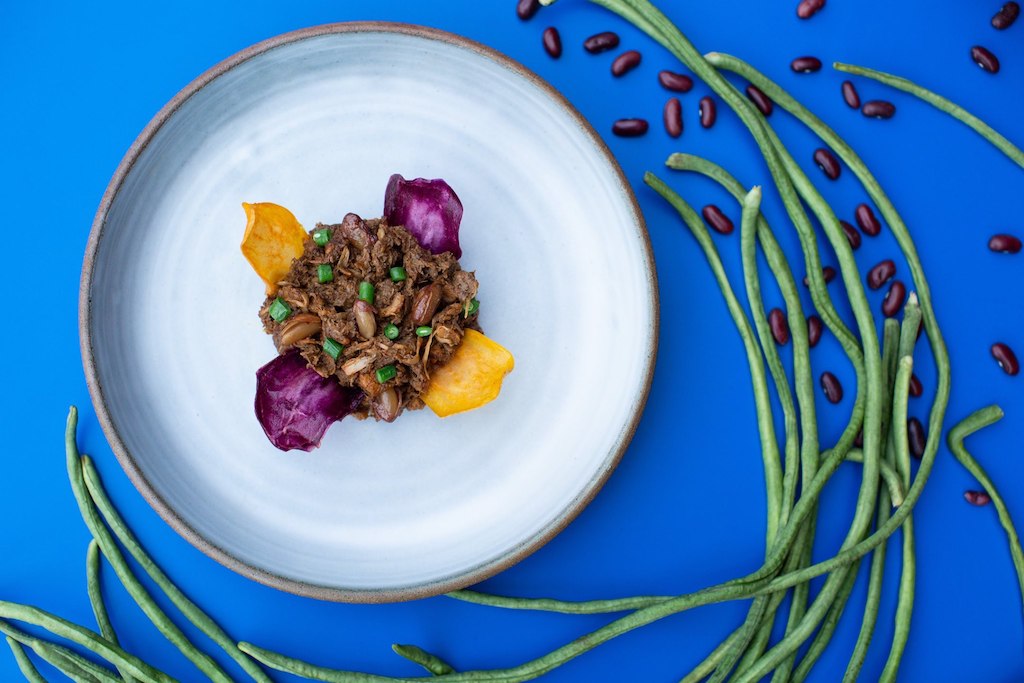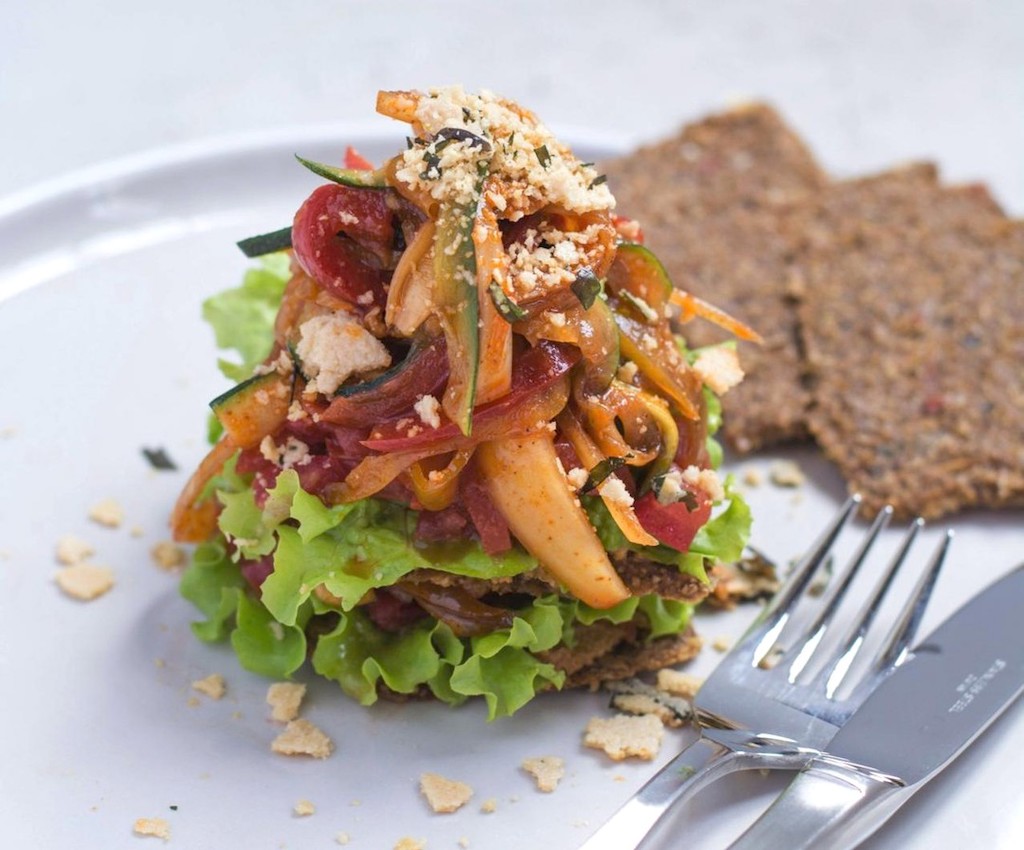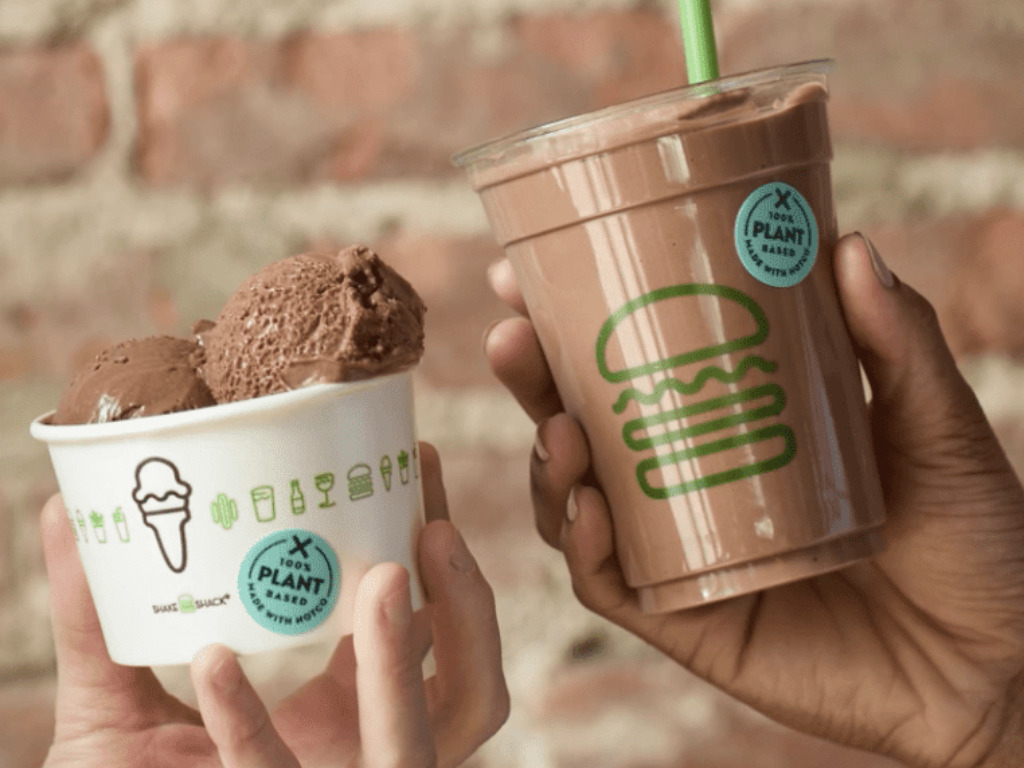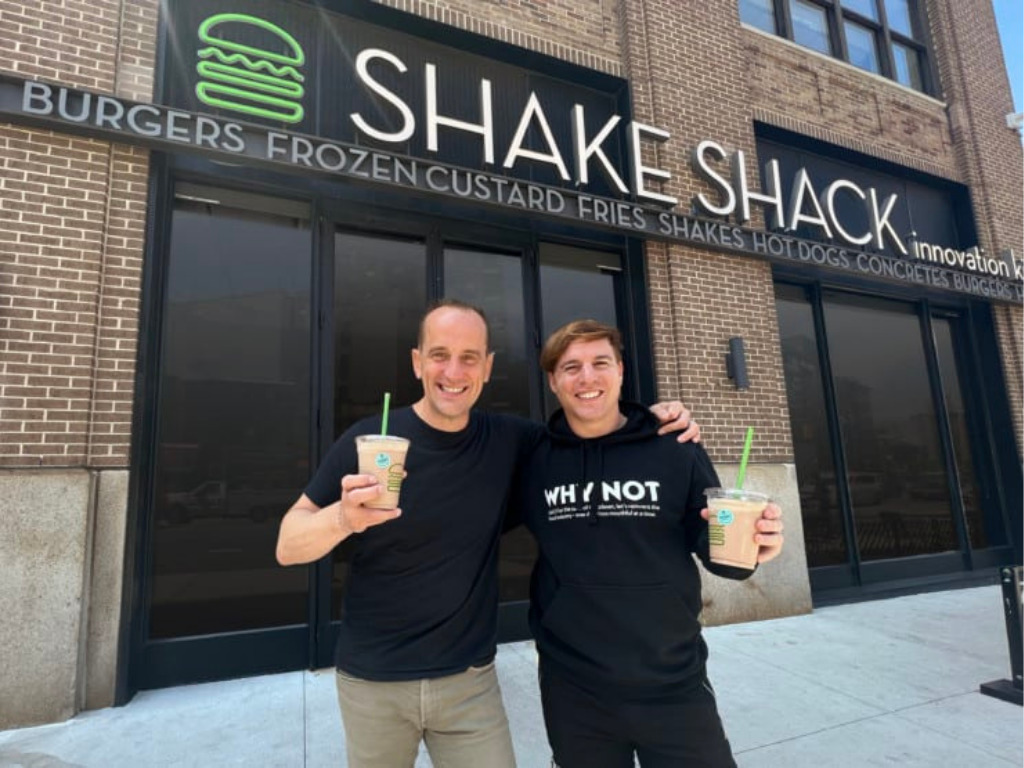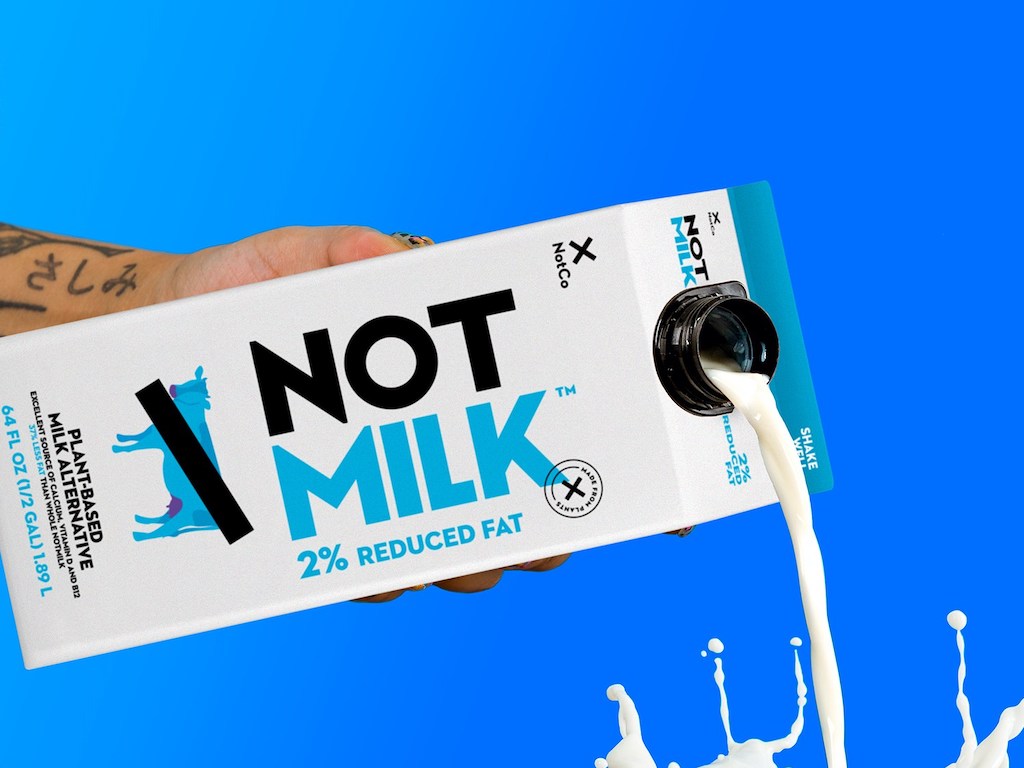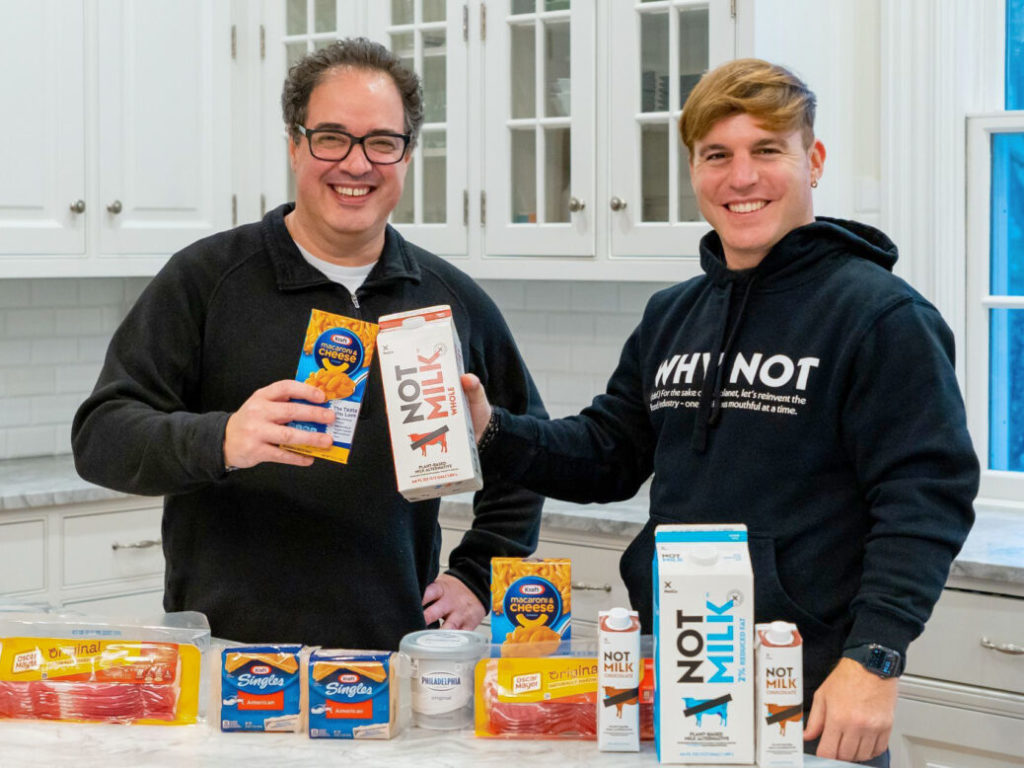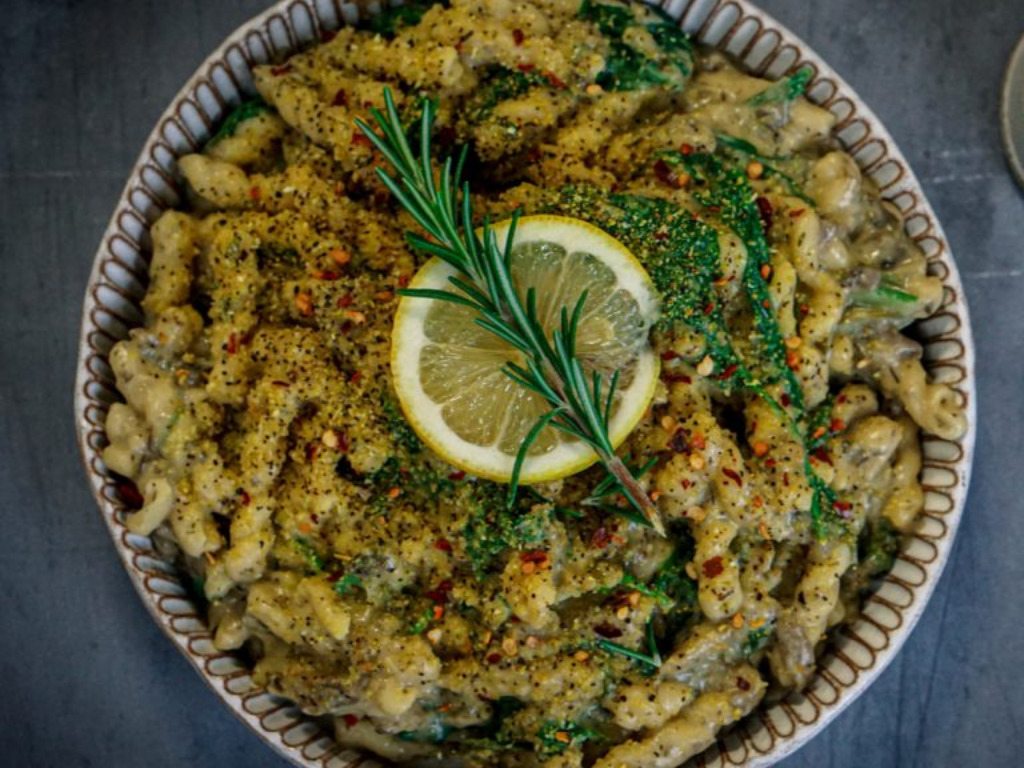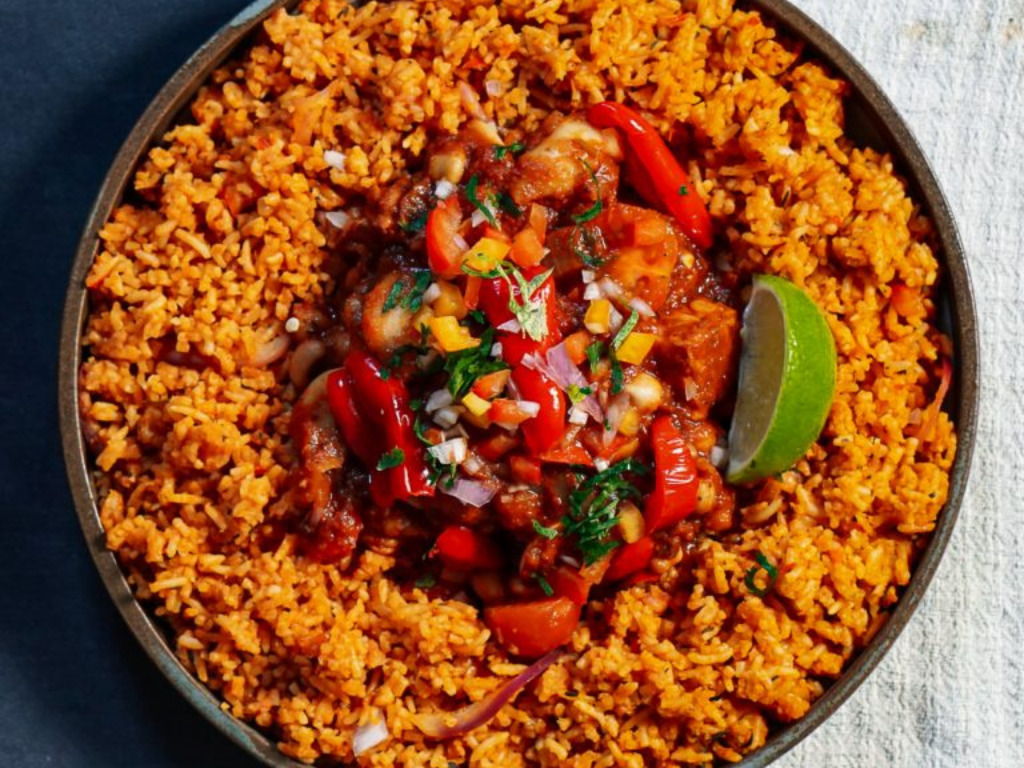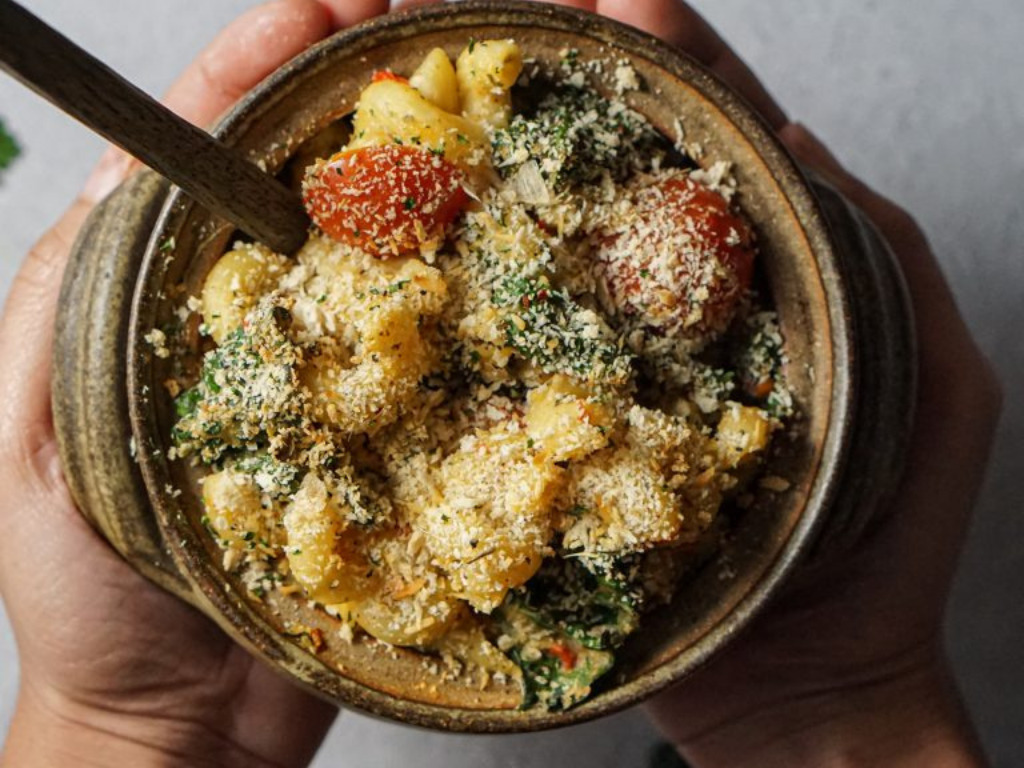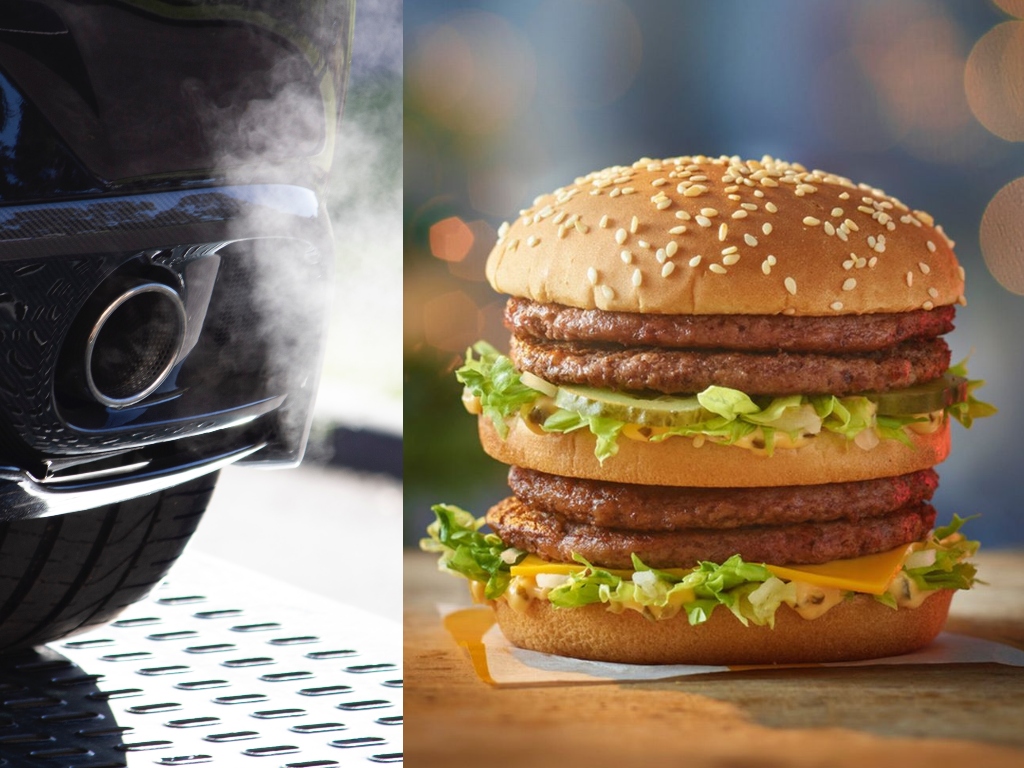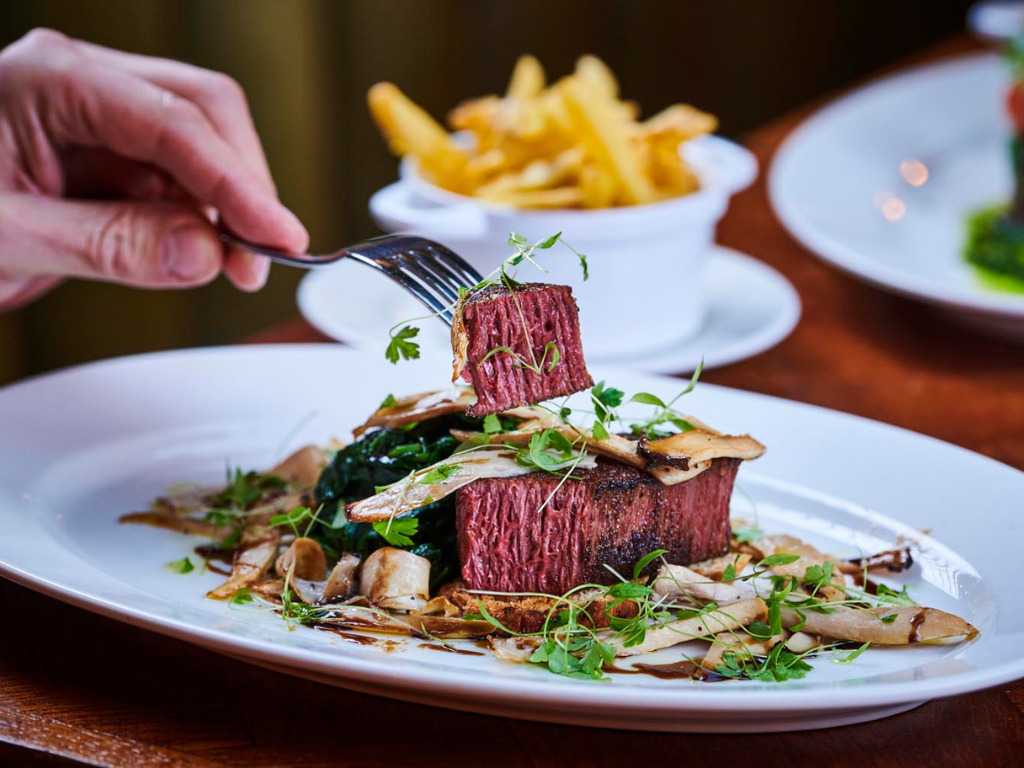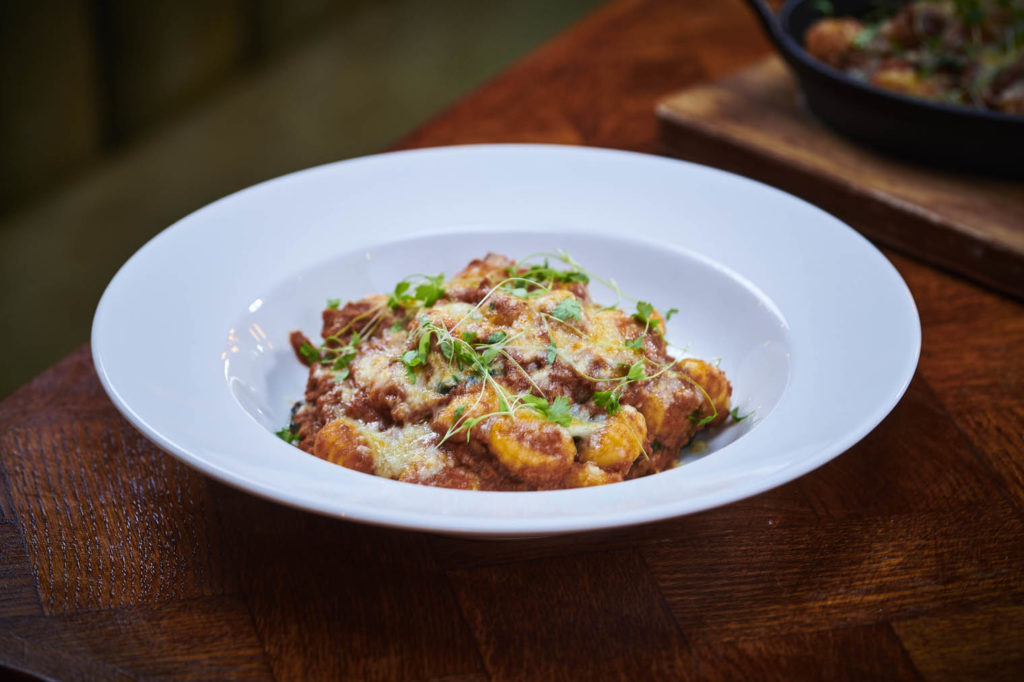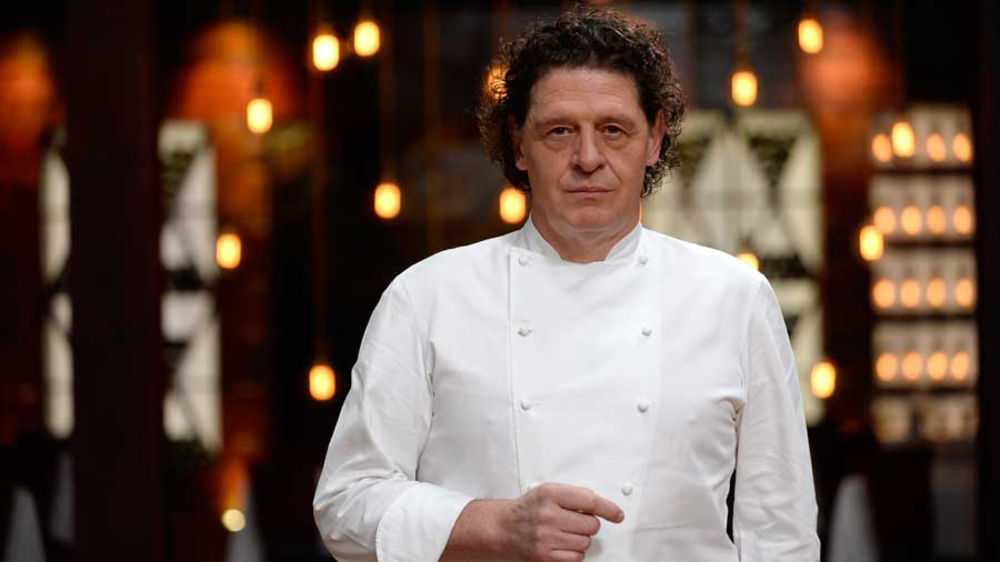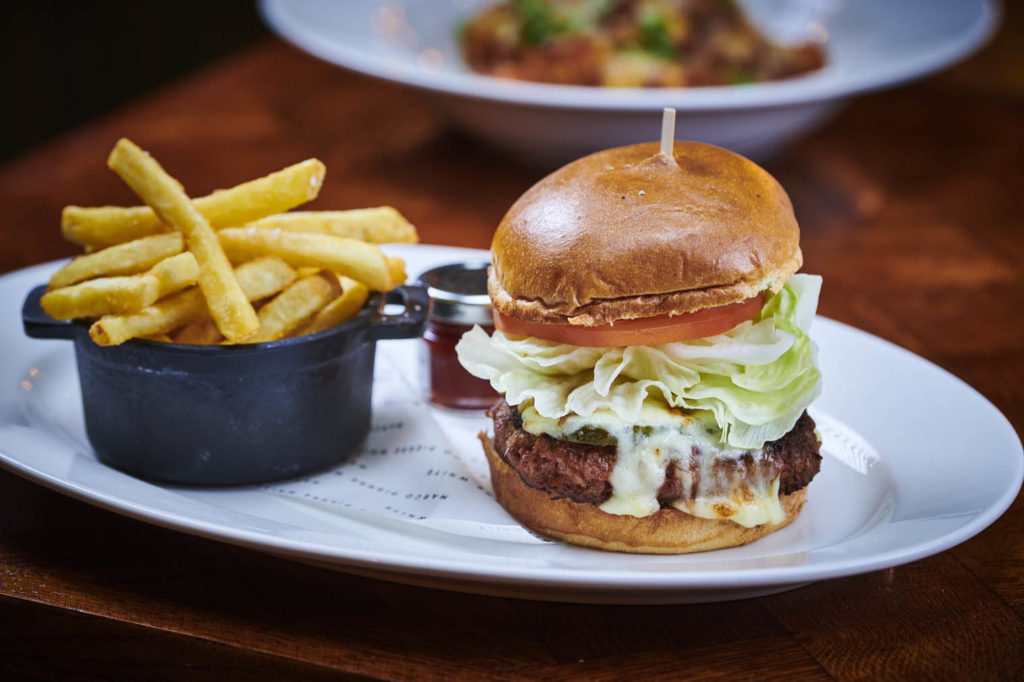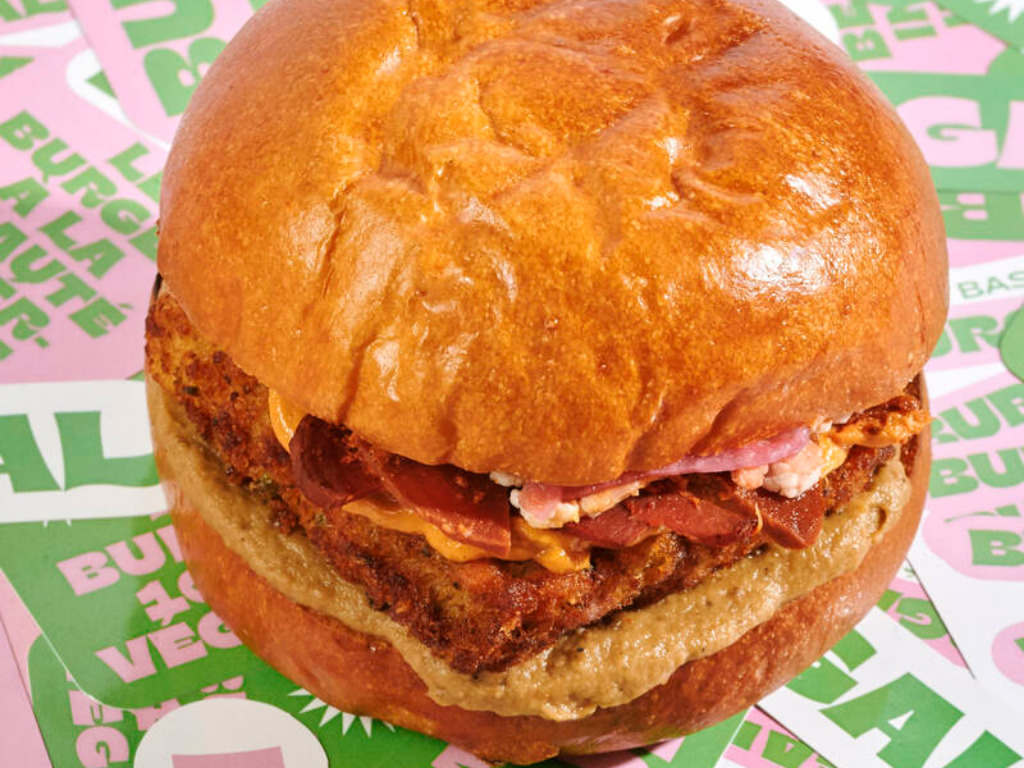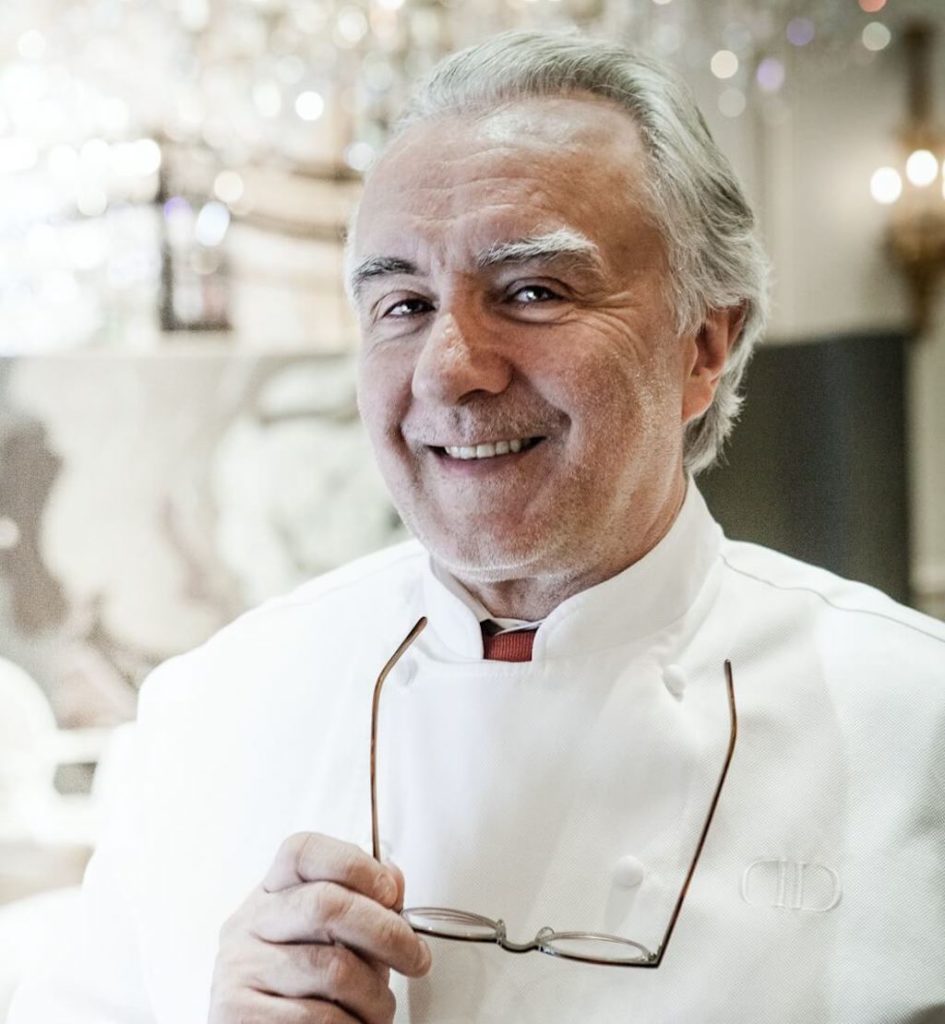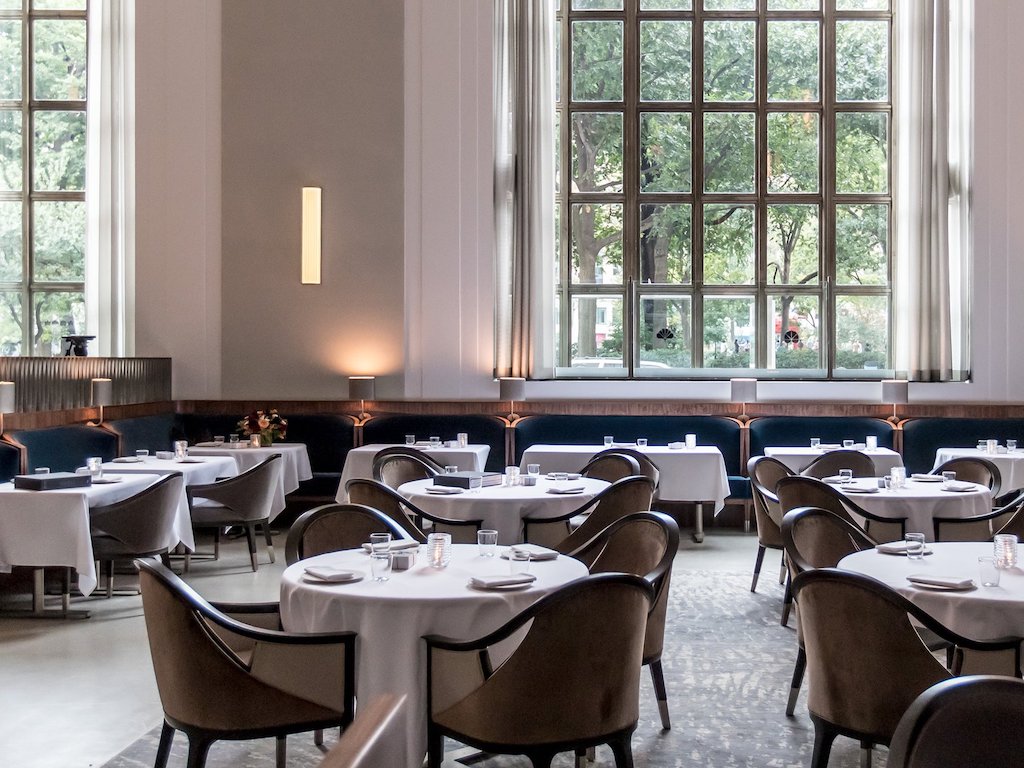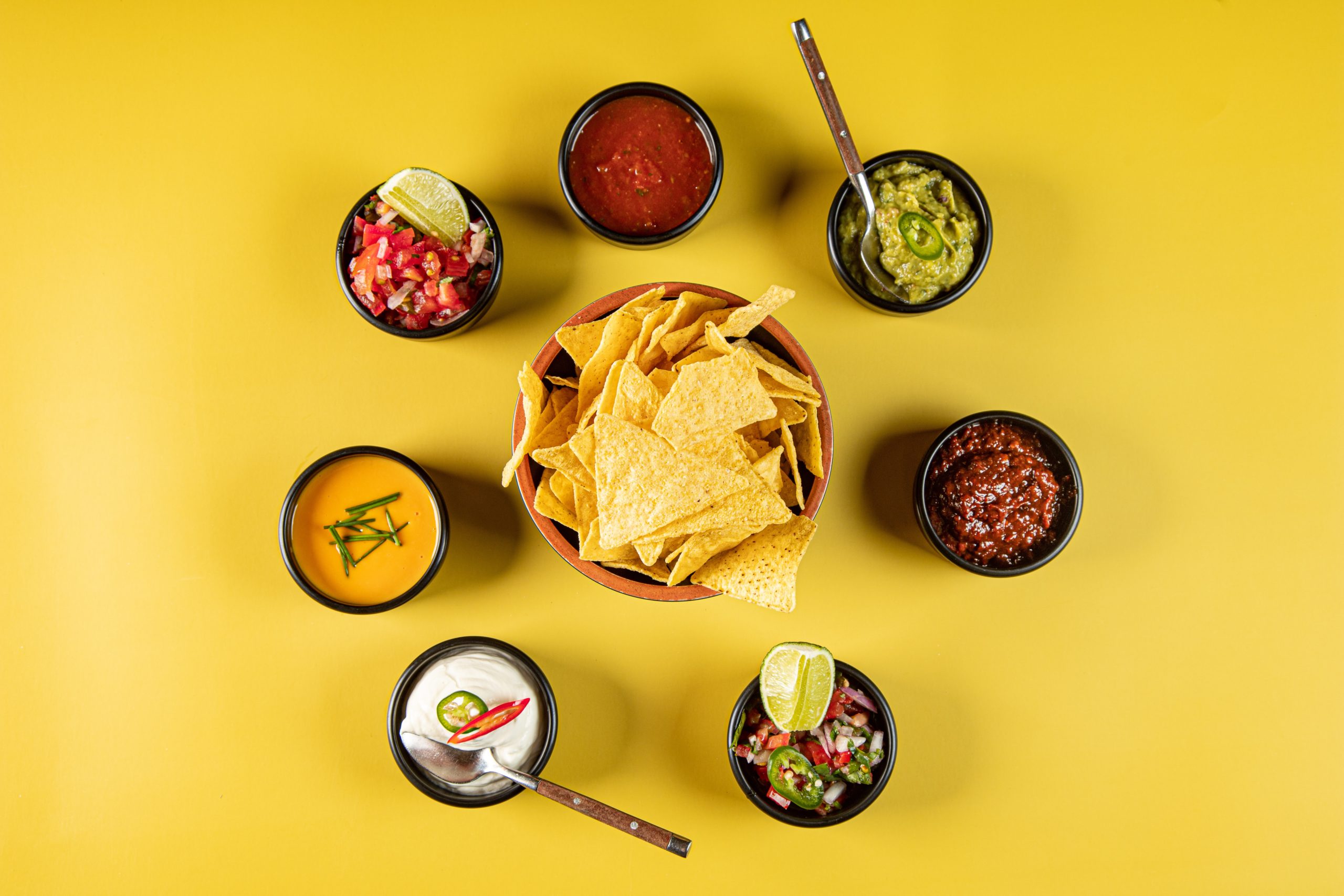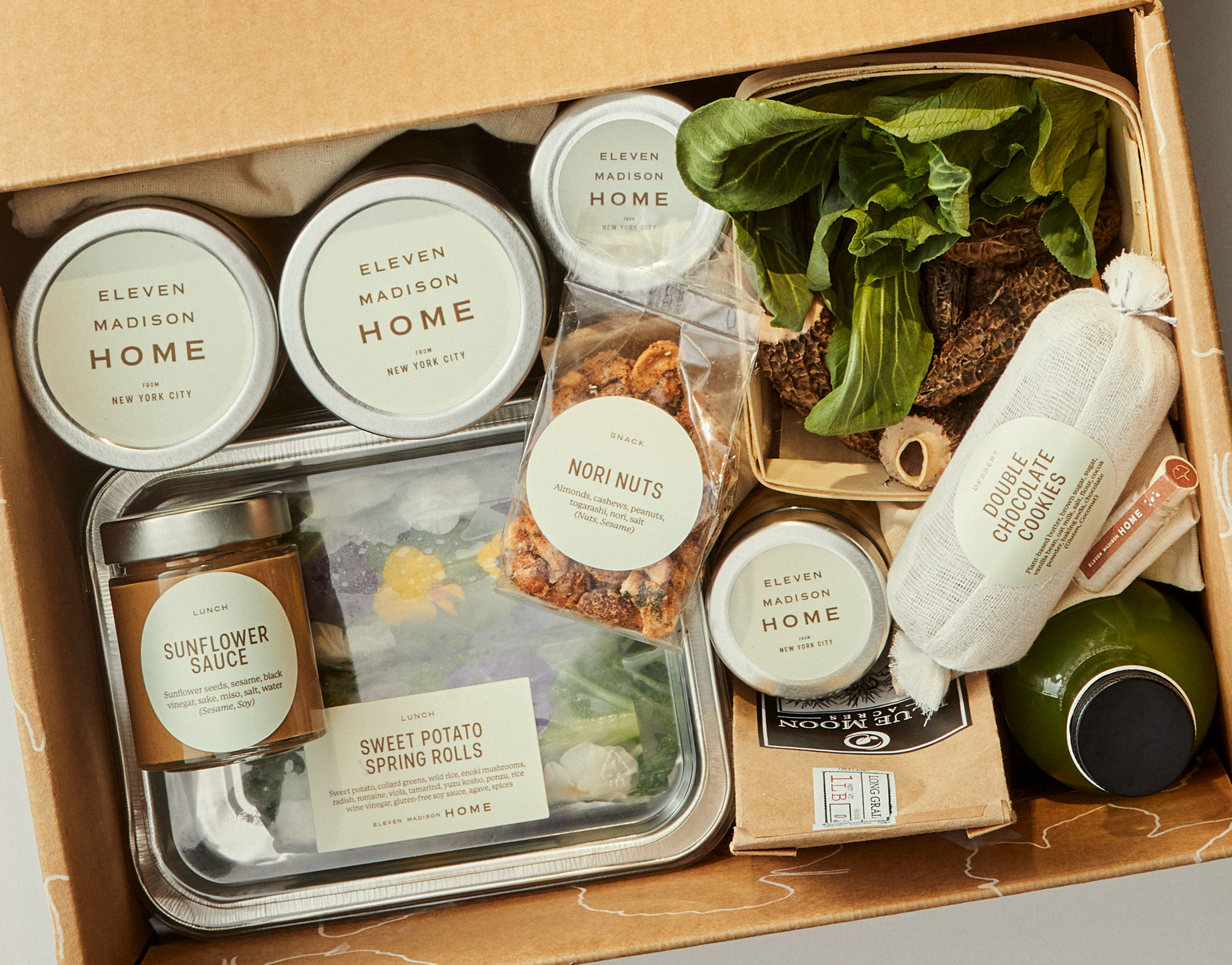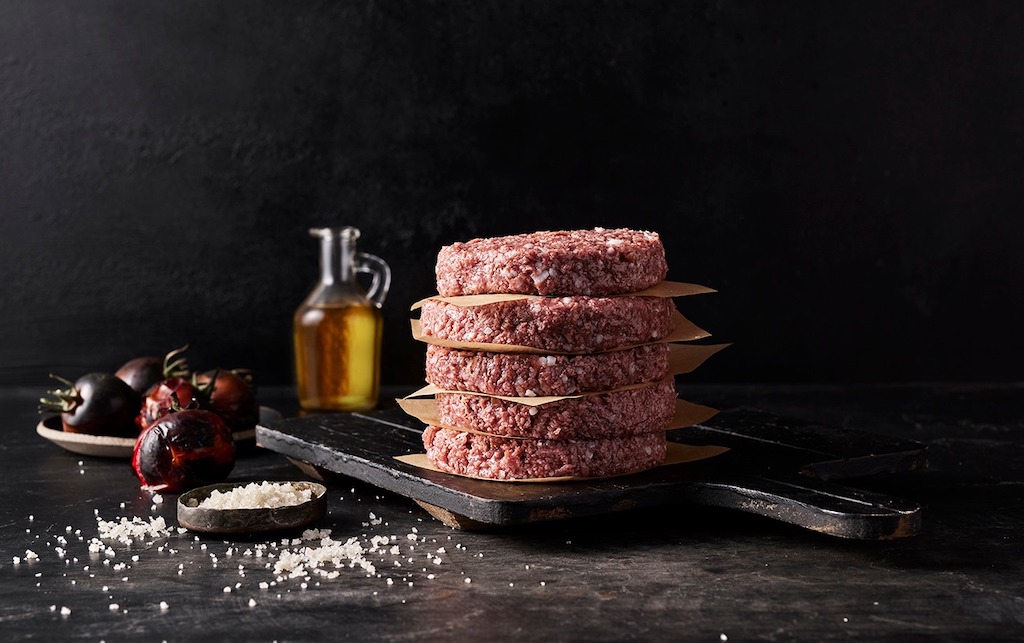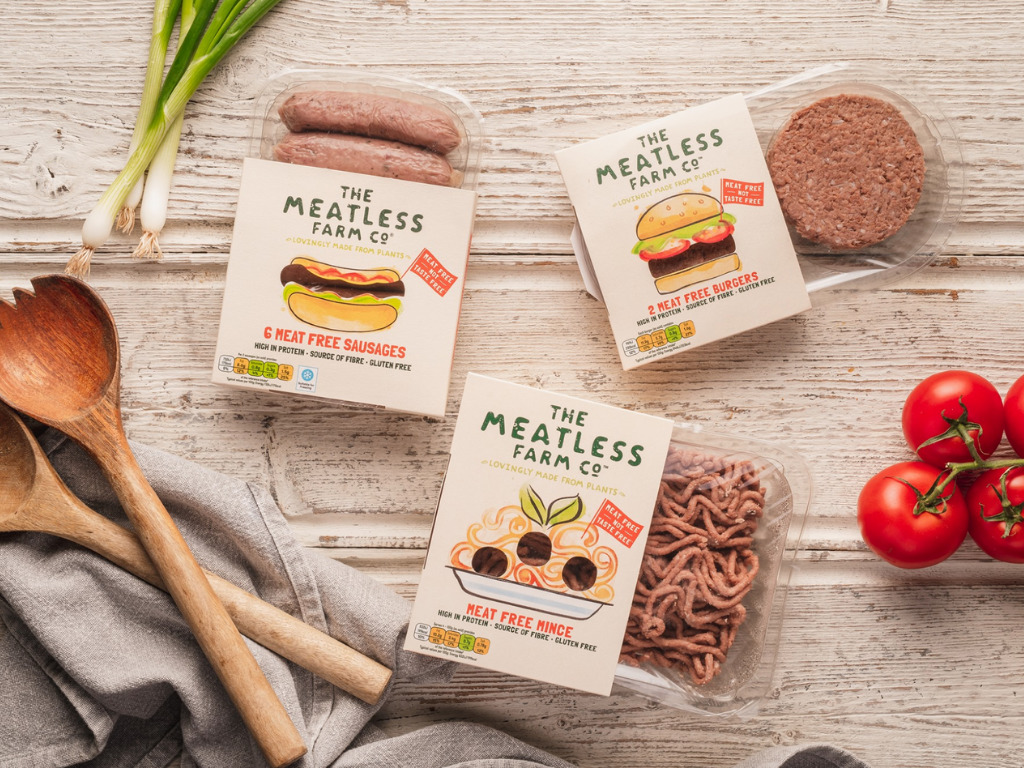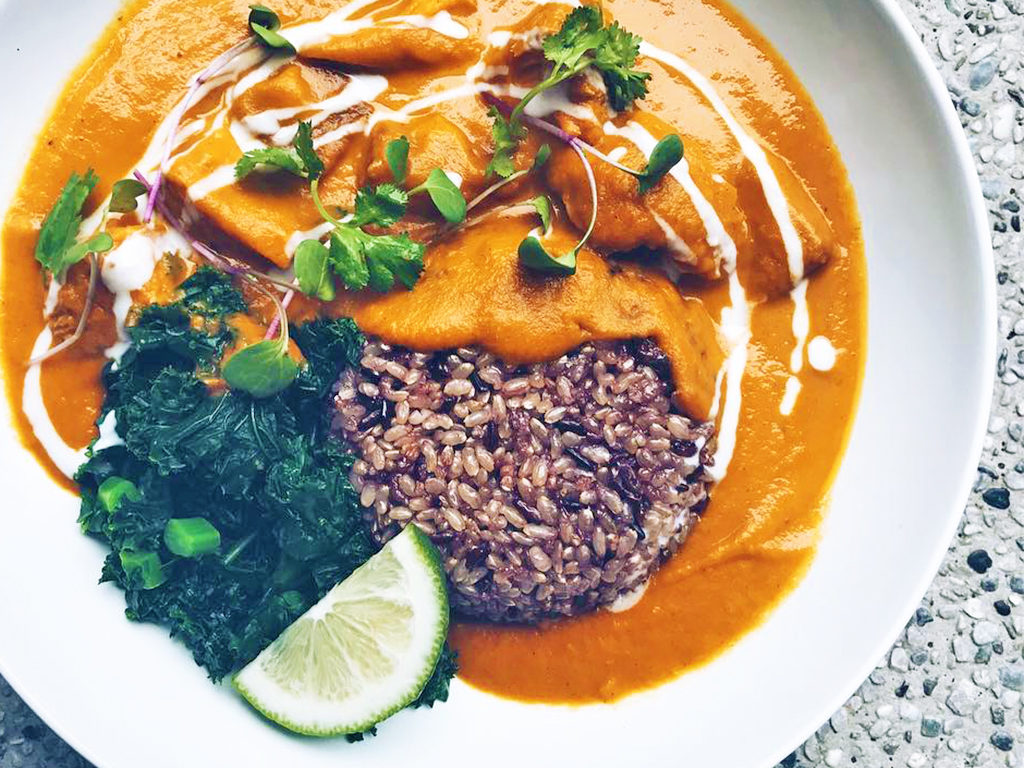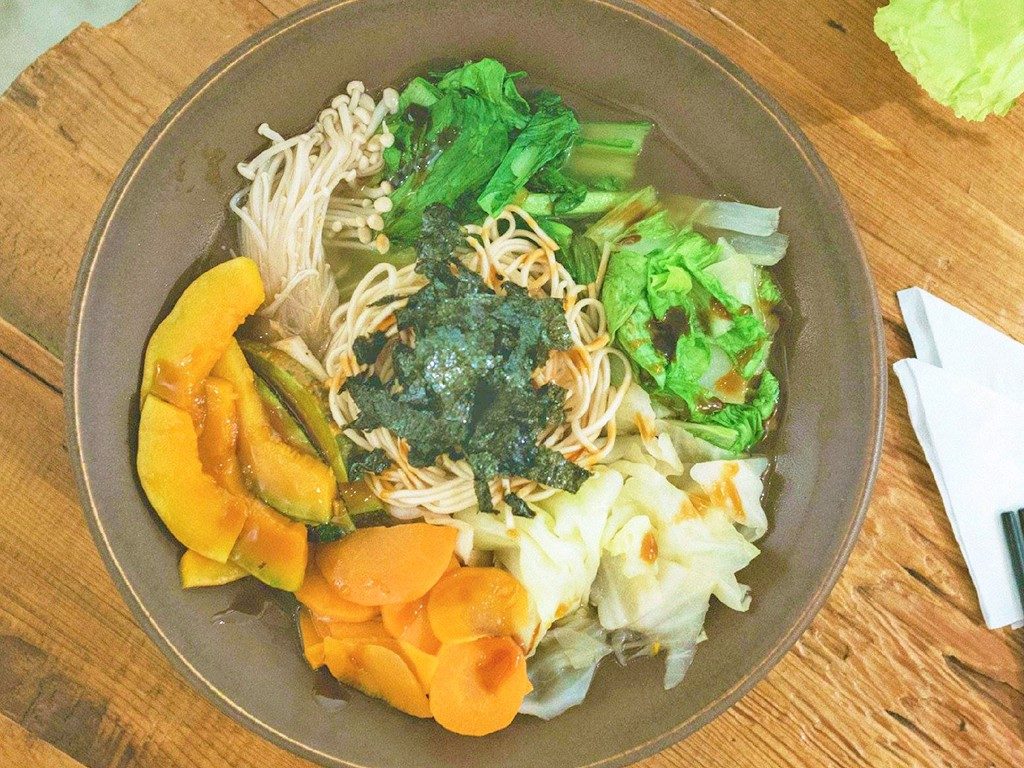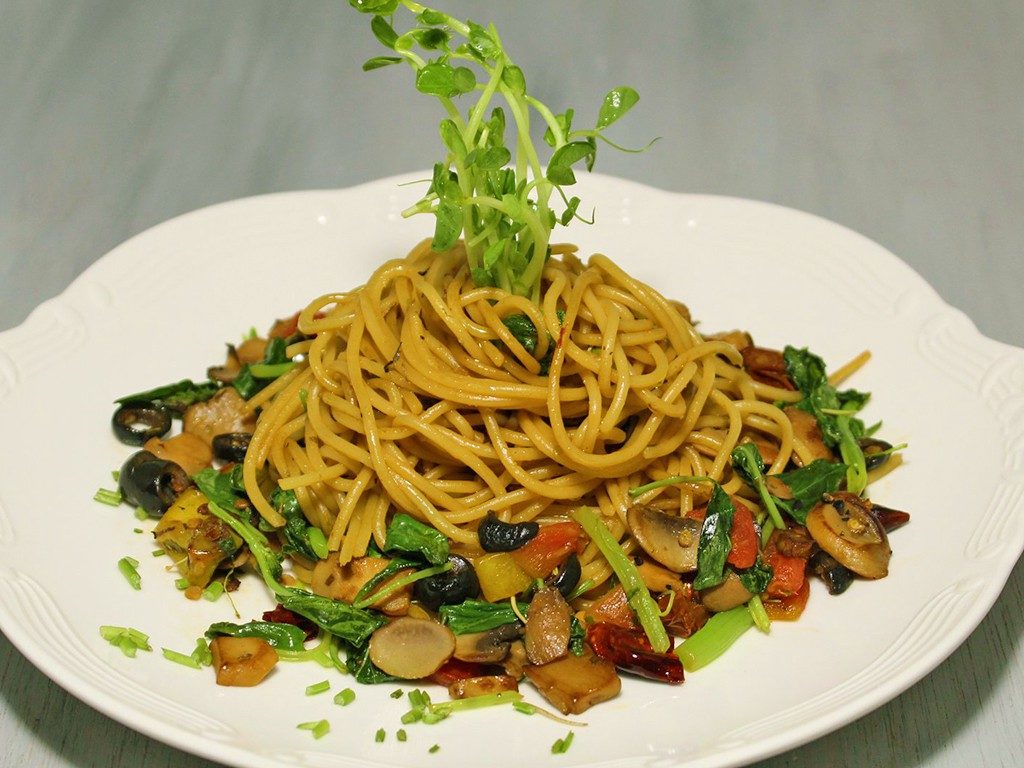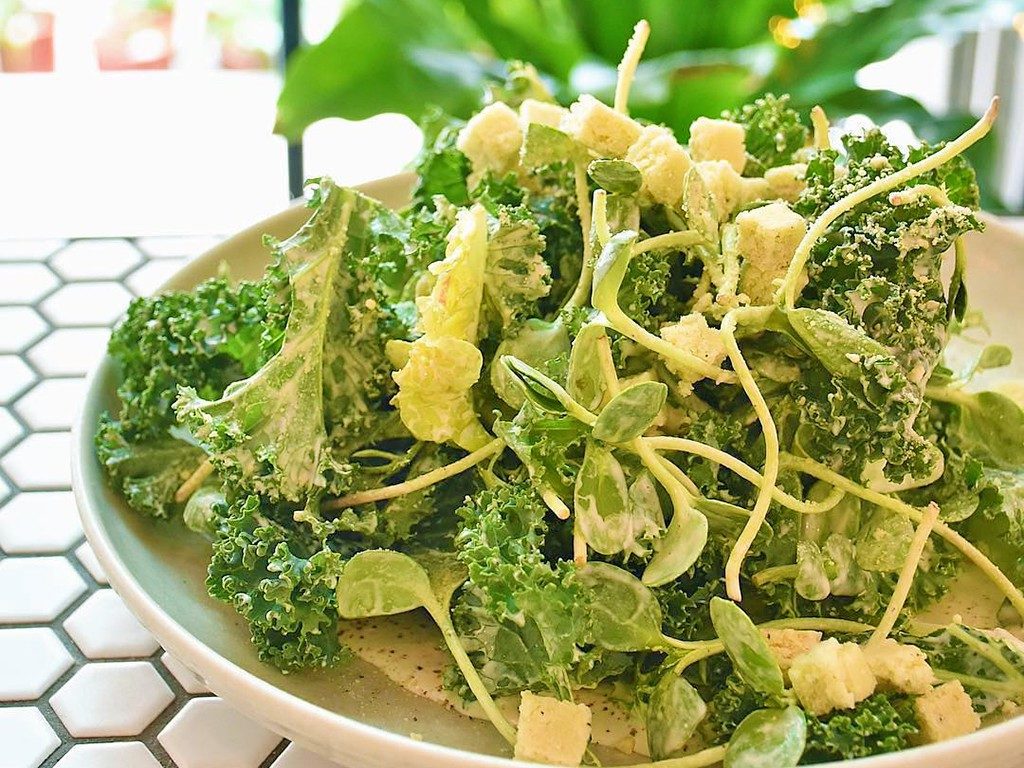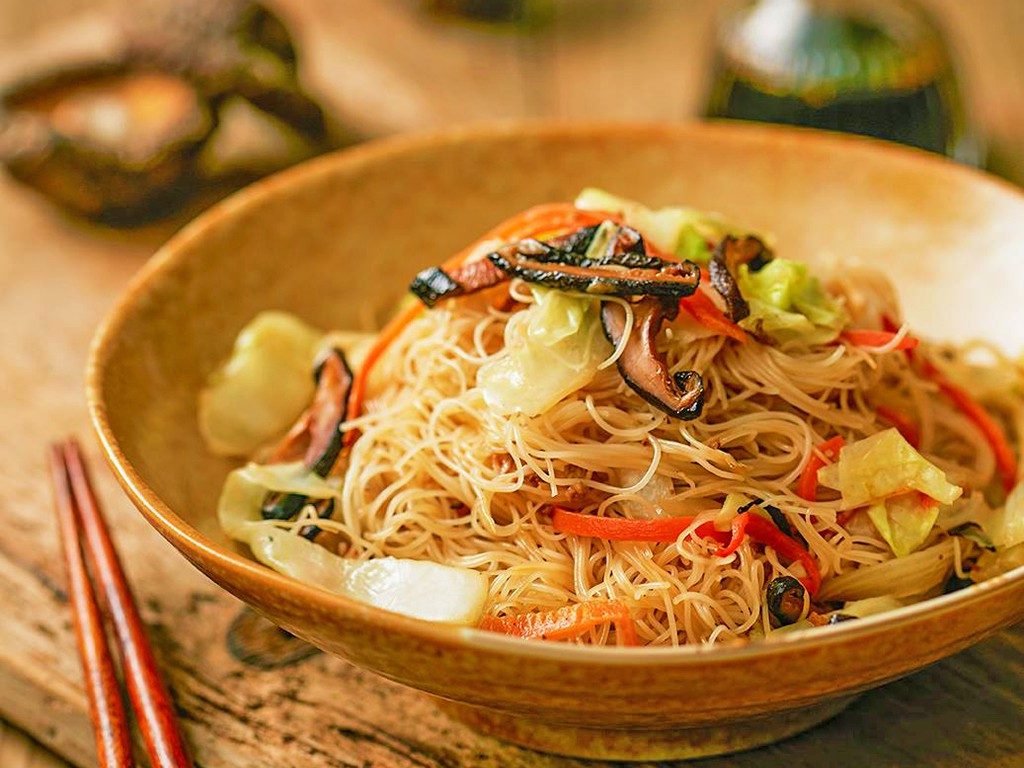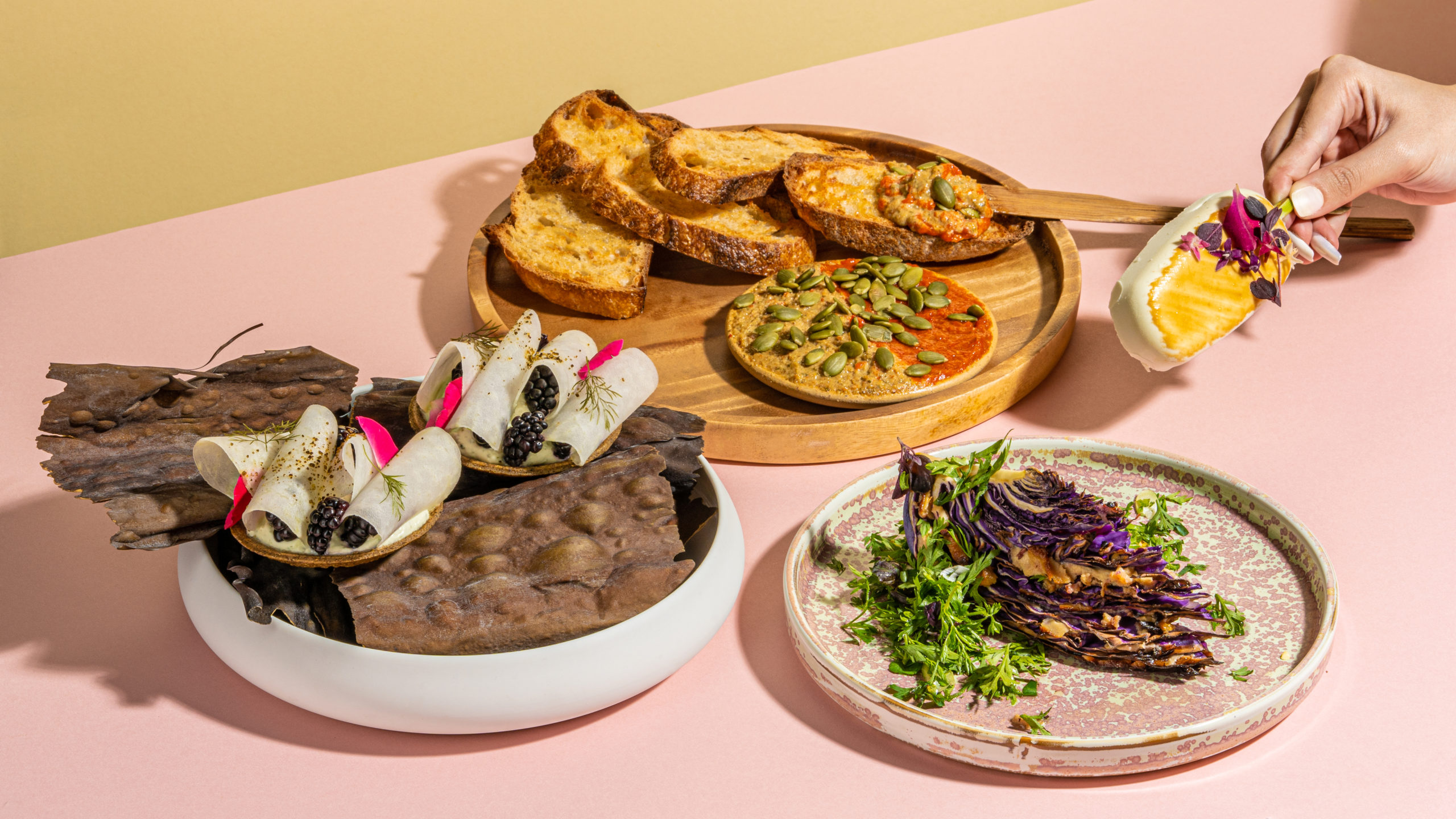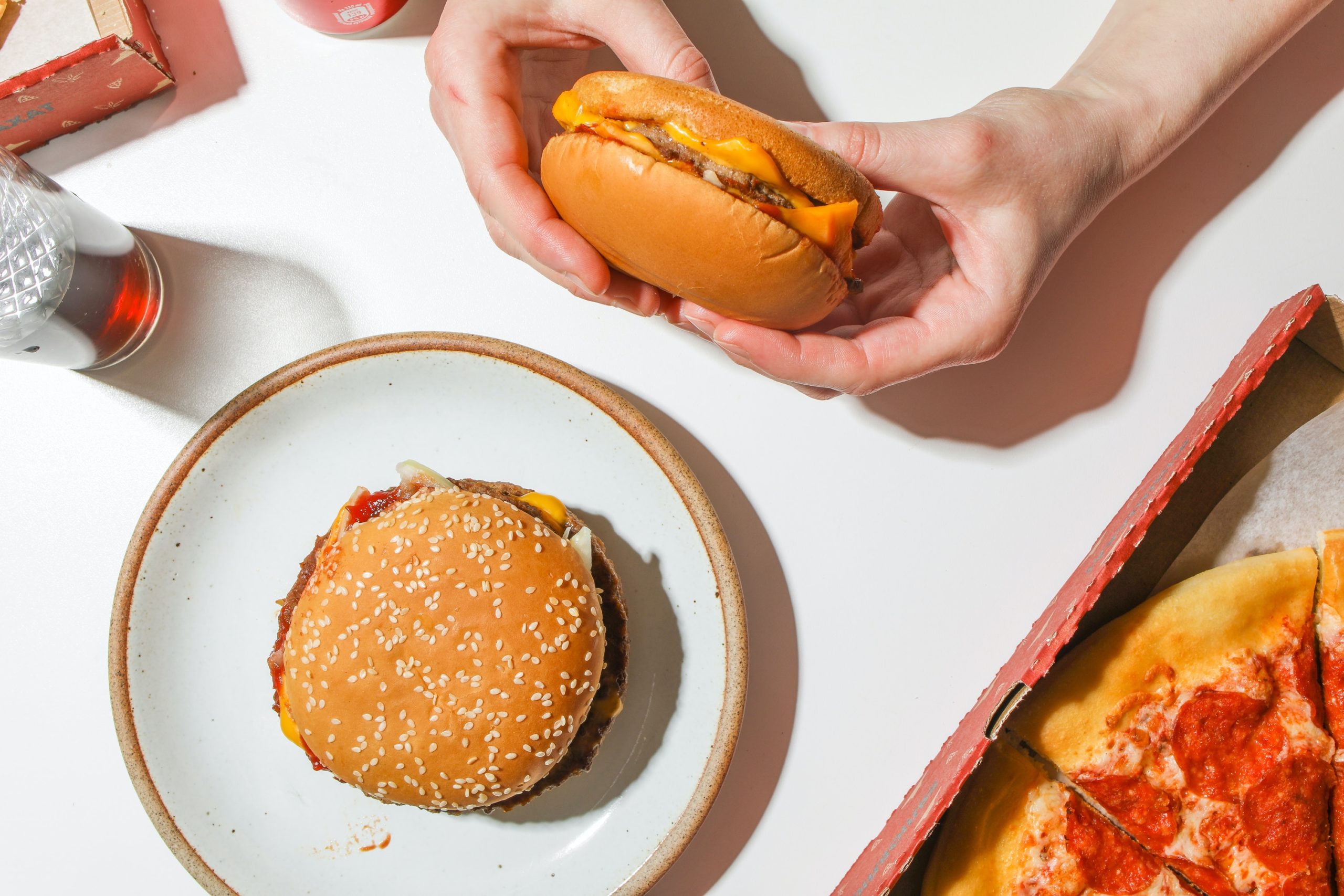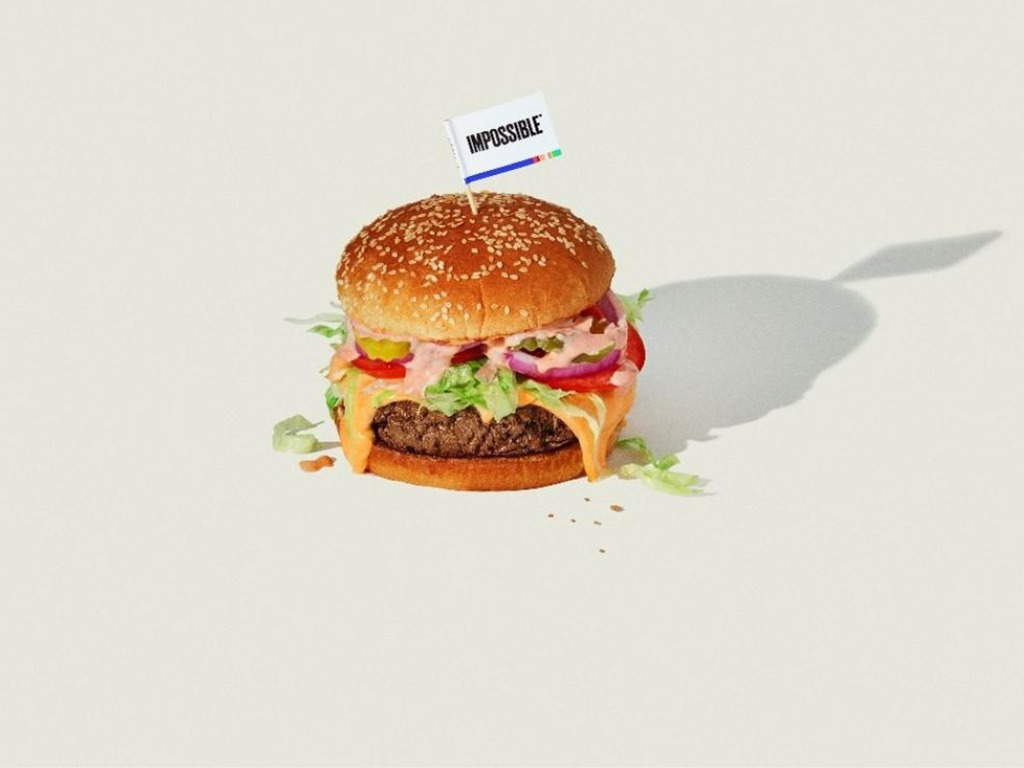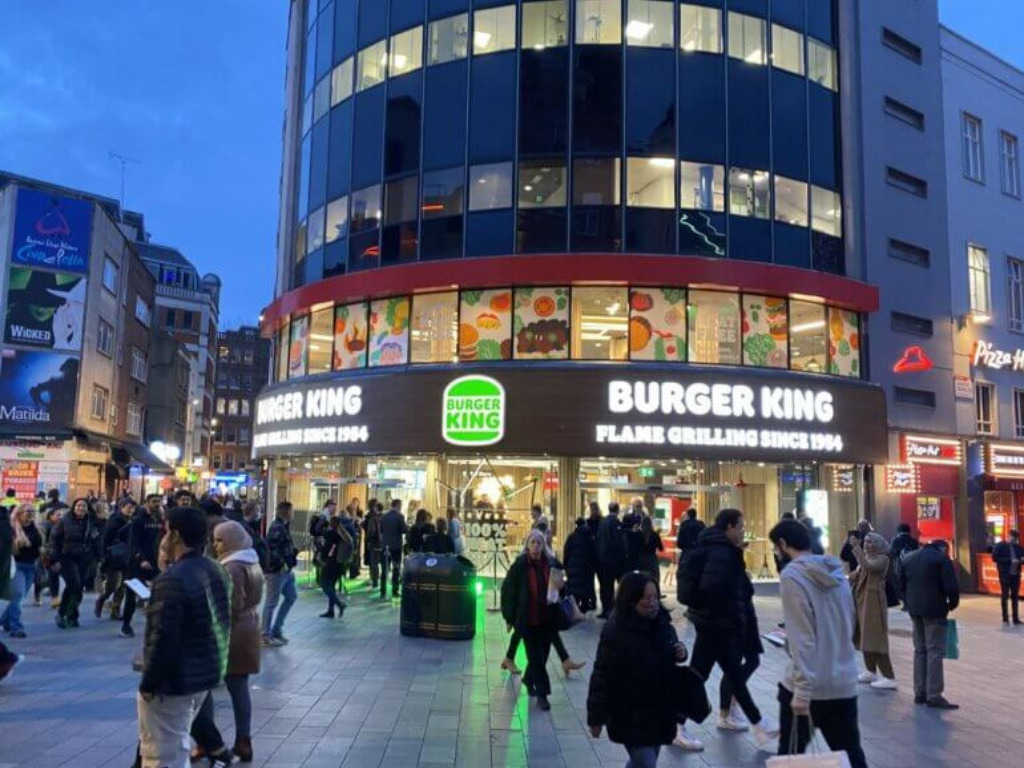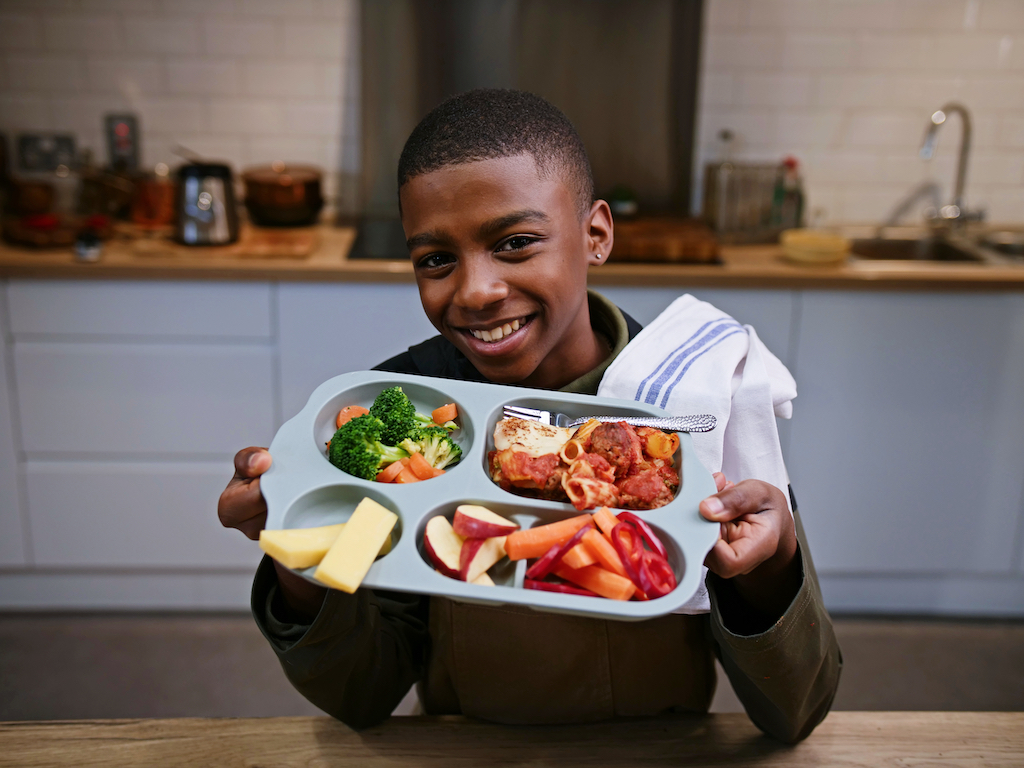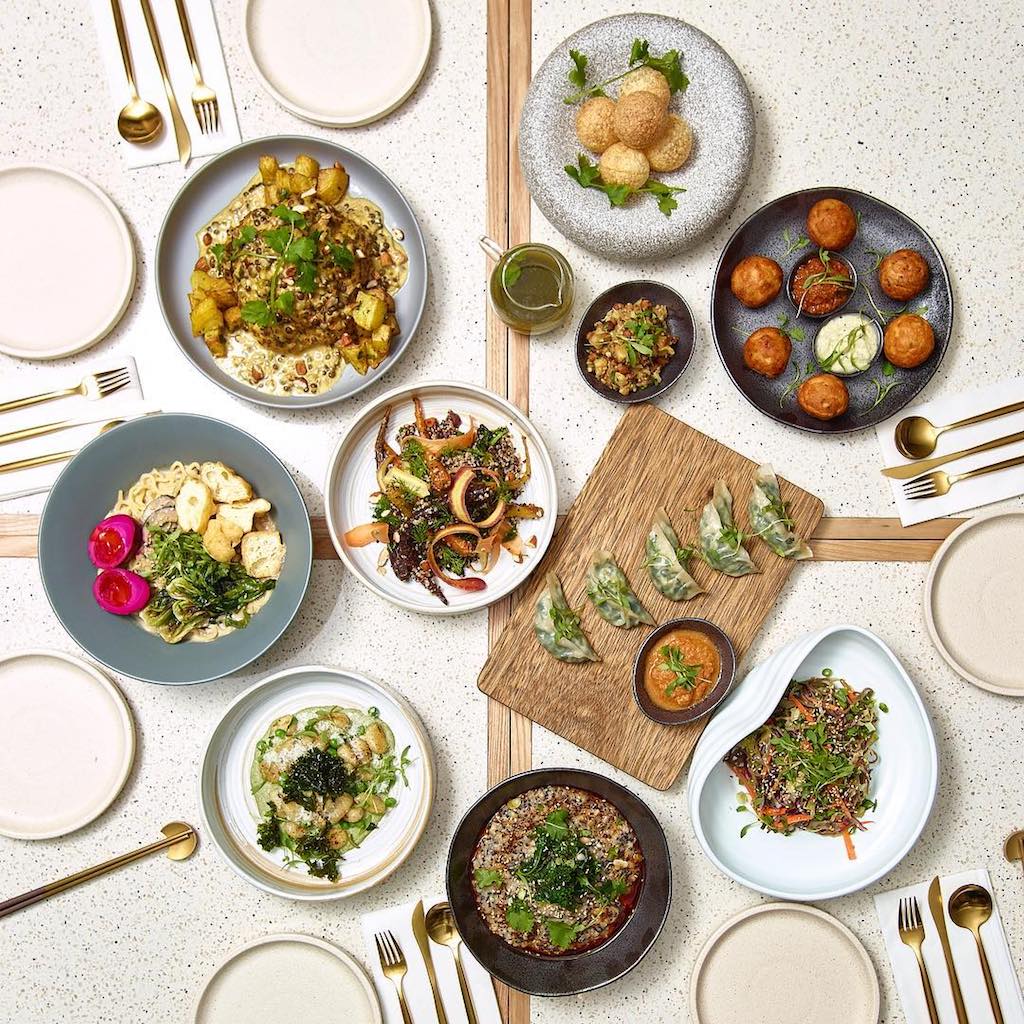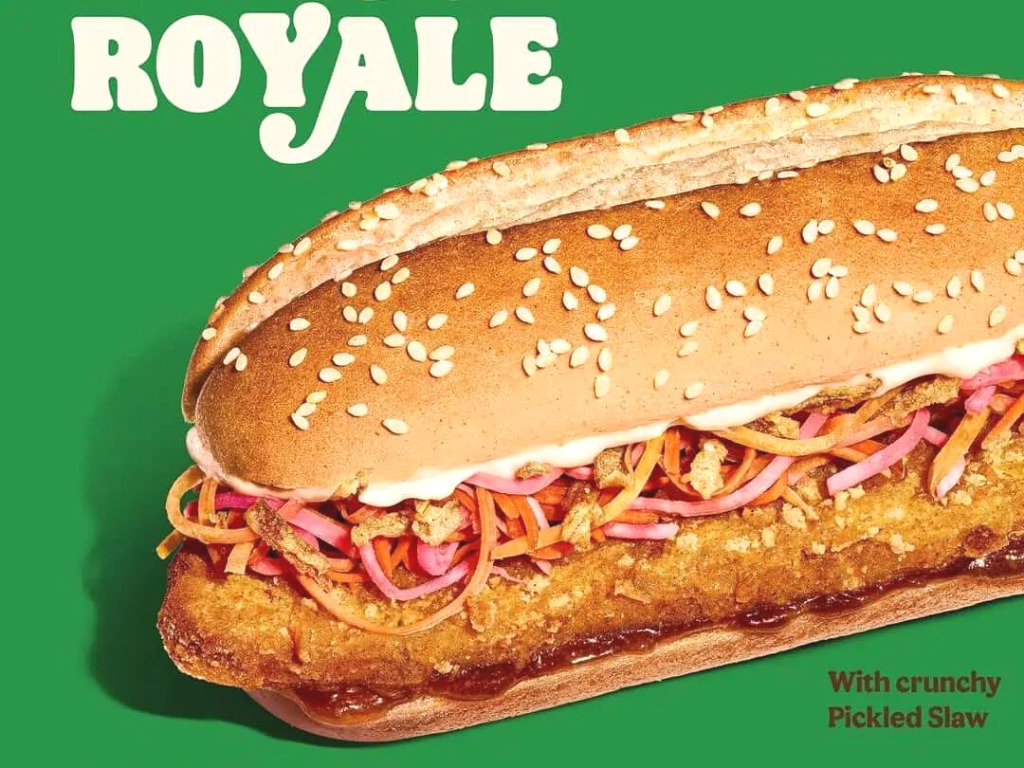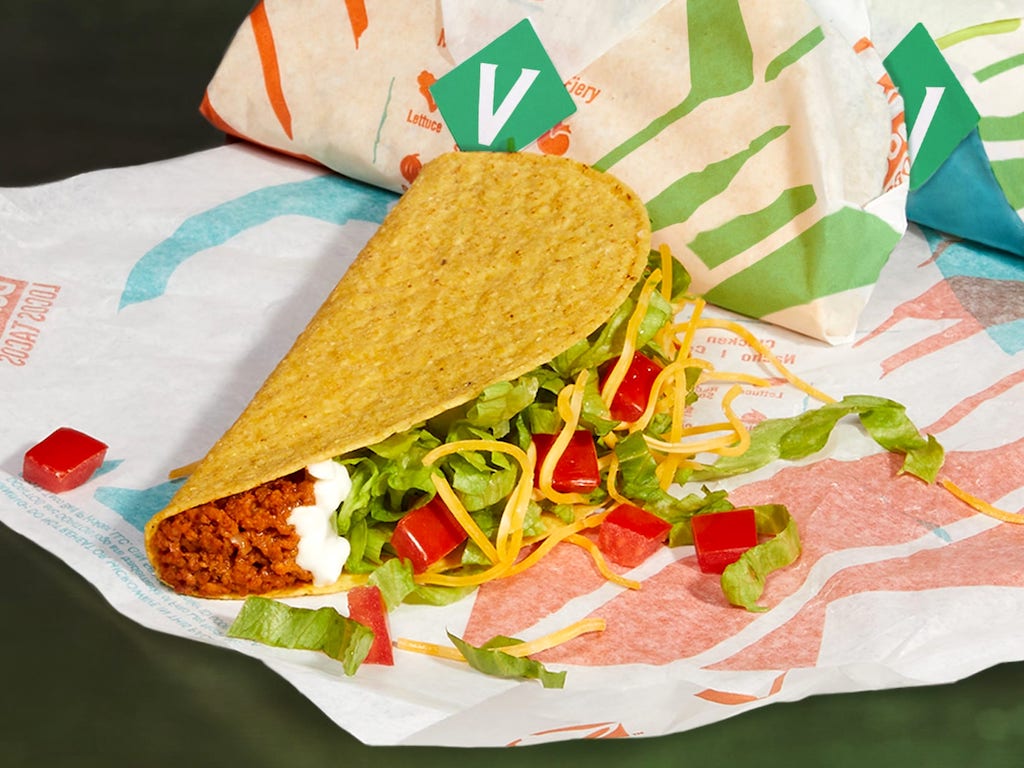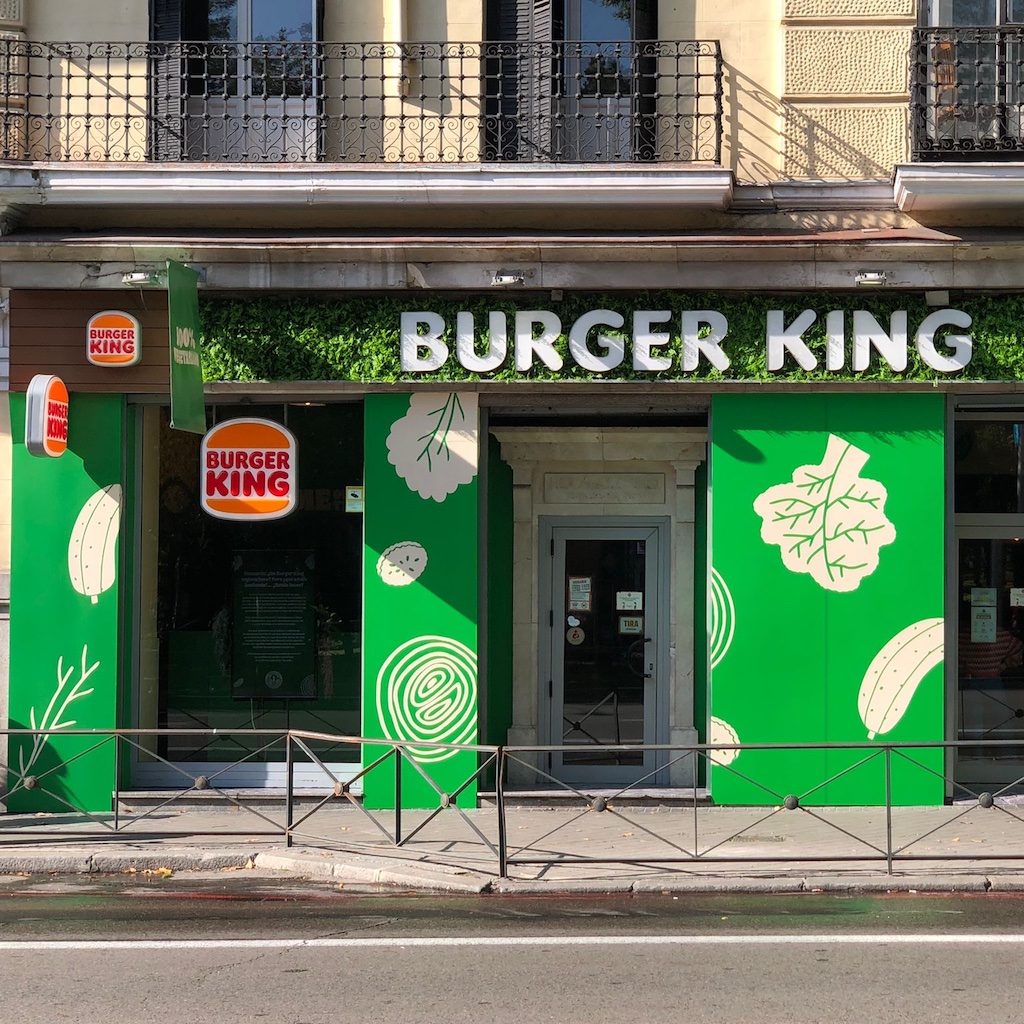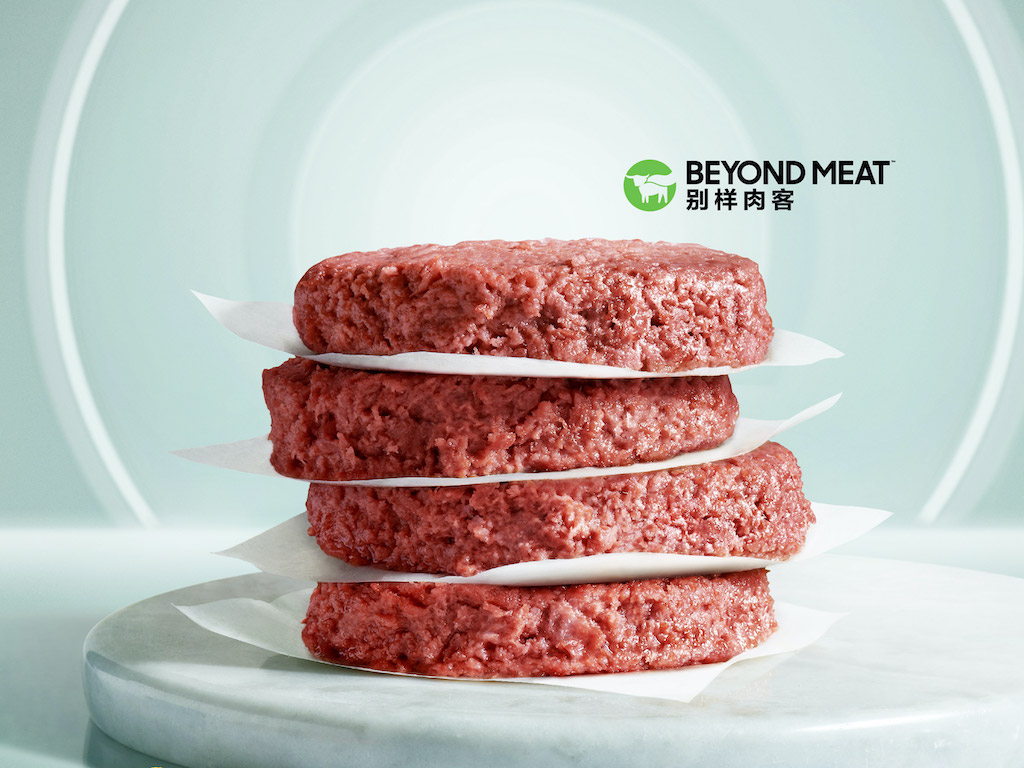
Looking to brush up your knowledge on sustainable culinary pioneers? Here are 10 of the top vegan chefs in the world.
By the age of 10, a young Parisian called Marie-Antoine Carême started working in his first tavern. He washed dishes, ran errands, and was constantly surrounded by food. It wasn’t fine cuisine, more hearty grub for weary travelers, but it planted a seed. After a stint in a pâtisserie, Carême, who was born into poverty, showed such a talent, he went on to become a personal cook for one of Napoleon’s chief diplomats. But more than that, he went on to help create the world of cheffing and fine-dining we know today.
It’s widely reported that the labor-intensive, highly refined, French fine-dining scene—which went on to permeate every country around the world—started with Carême. He was even the first to don the white tall hat now synonymous with the profession. This, of course, makes him one of history’s most influential chefs. But Carême was of his time. In the 1800s, meat was rising in popularity, and so it became a staple of Carême’s dishes. Salmis de Pintade, for example, is made with game birds.
The top vegan chefs in the world
But the profession that Carême helped to establish is changing. In 2022, many of the world’s leading chefs are building on his legacy, only, without the meat. Instead, across fine dining and the whole restaurant scene, many professionals are choosing to place vegetables at the center of the table. And this is beneficial for the planet. Animal agriculture contributes to a multitude of environmental issues, including emissions (it’s responsible for 14.5 percent of global greenhouse gasses) and deforestation.
Data from Happy Cow, a vegan restaurant locator service, shows that the number of vegan restaurants in Europe grew by 25 percent between 2019 and early 2022. And elsewhere, like in Hong Kong, for instance, more restaurants are opening to cater to growing plant-based demand. Happy Cow notes the region has more than 650 vegan-friendly eateries. In Los Angeles in the US, there are around 1,000.
Around the world, professionals are using their influence over people’s appetites for the good of the planet. They’re setting new trends in terms of sustainable consumption. To help you get to know just a handful of them, here are 10 of the top vegan chefs in the world.
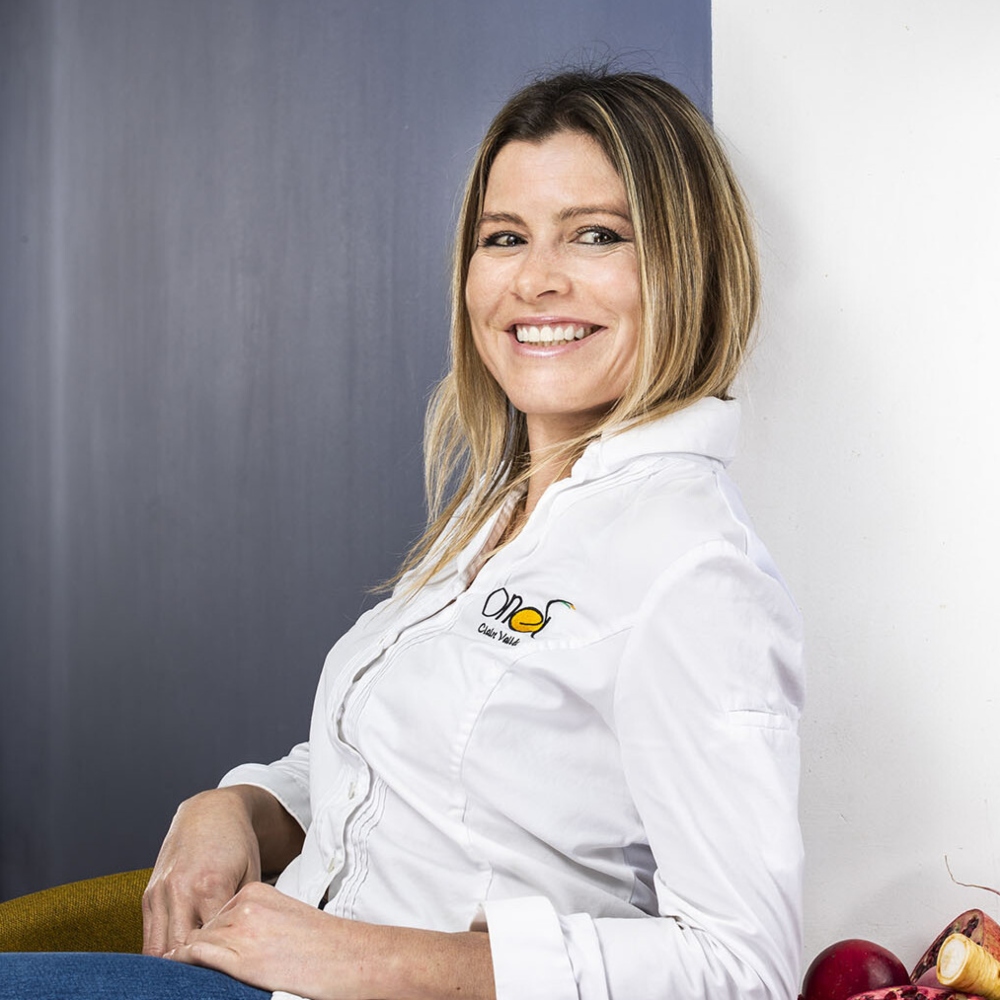
1. Claire Vallée, France
A trip to Thailand encouraged France native Claire Vallée to ditch meat, and soon after, she started to specialize in plant-based cuisine. Today, after an extensive crowd-funding mission, she runs ONA, a vegan restaurant in Arès, France. The eatery, which offers an ever-changing menu dominated by seasonal produce, was the first of its kind to be awarded a Michelin star, a prestigious and highly sought-after acknowledgment of excellence in the restaurant world.
According to Vallée, putting “plants at the heart of the plate means working for responsible gastronomy.” It is “respect for the environment, protection of life, ecosystems, and biodiversity, without ever giving up pleasure.”
Find out more
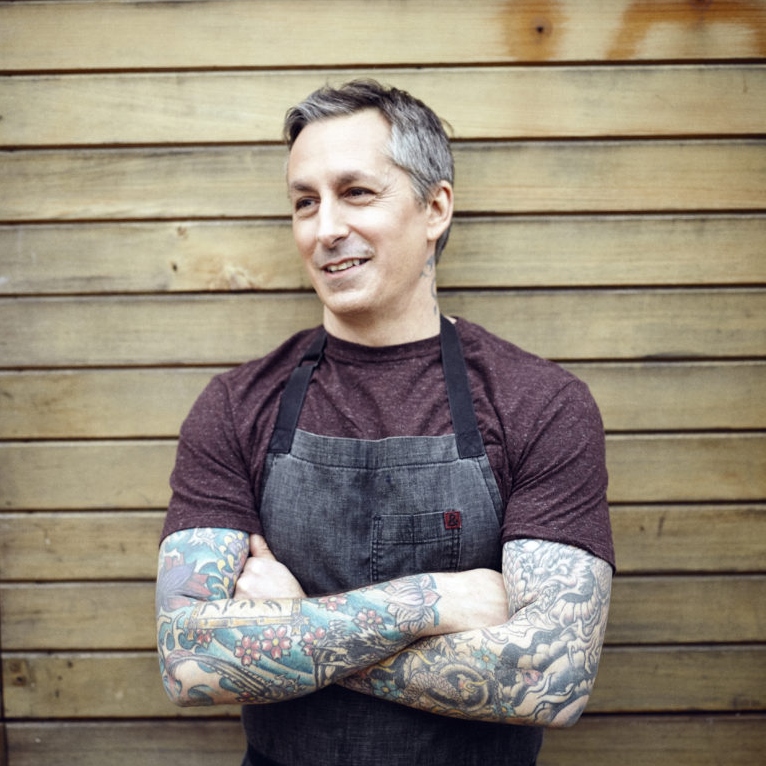
2. Derek Sarno, USA/UK
He may have been born and raised in the USA, but vegan chef Derek Sarno’s biggest influence has been in the UK, where he is the director of plant-based innovation at the country’s biggest supermarket chain Tesco. Along with his brother Chad, he is the creator of the plant-based food range Wicked Kitchen and has helped to oversee Tesco’s plant-based food offering to the point where it offers nearly 300 vegan-friendly options. This has helped push competitors to expand their own plant-based ranges, and now every mainstream supermarket offers a vegan food range.

3. Eddie Garza, US
Eddie Garza, who grew up on the border of Mexico, struggled with his weight throughout his childhood. However, when he started eating more plants, he noticed that his health improved dramatically. From then on, he has made it his mission to veganize Mexican cuisine and promotes plant-based living all over the world. He has released a plant-based cookbook, called ¡Salud! Vegan Mexican Cookbook, which helps readers veganize everything from enchiladas with green mole sauce to churros, and he even has his own show on Jungo called Global bites with Eddie Garza. The tagline reads: “Go Vegan or Go Home.”
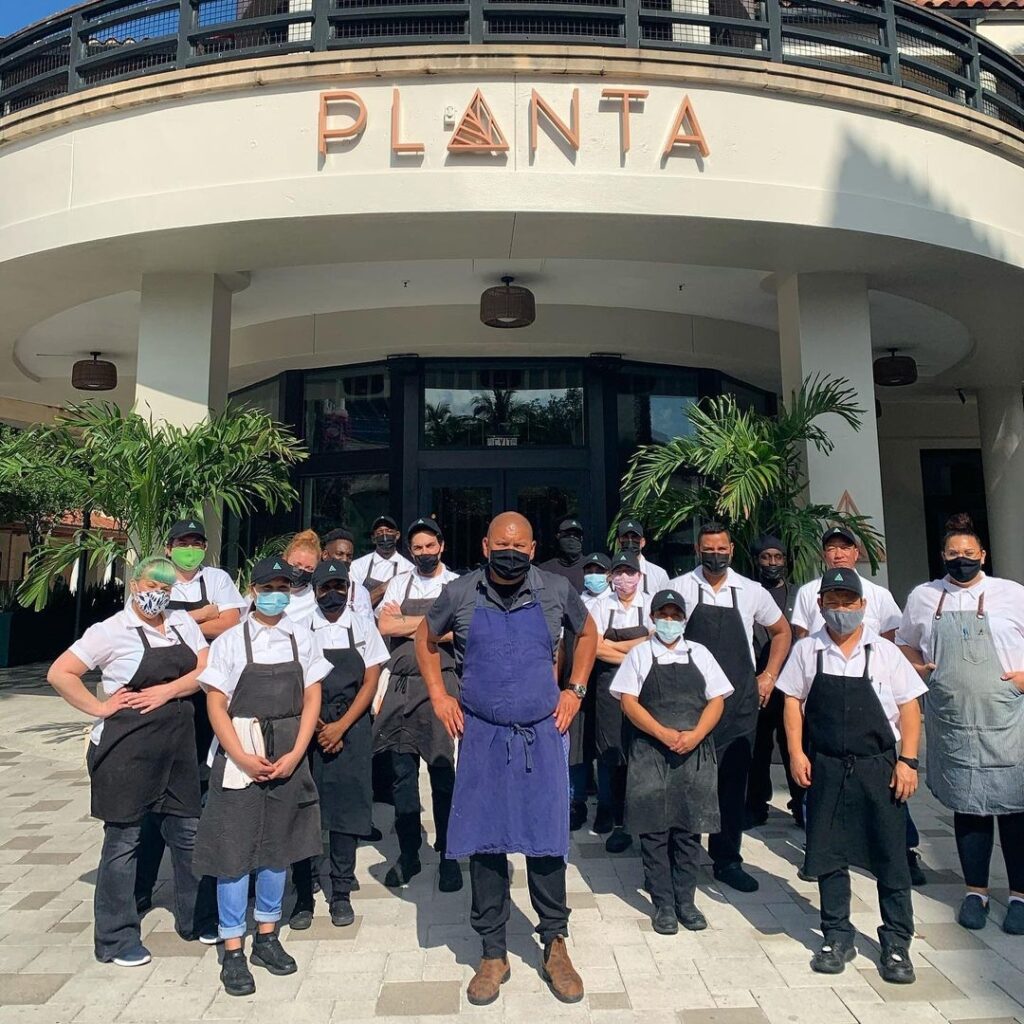
4. David Lee, Canada
David Lee is the co-founder of Planta, one of the world’s leading plant-based restaurant chains, with locations in Canada and the US. As the name suggests, the entire concept revolves around plants and showing diners just how versatile, delicious, and sustainable vegan meals can be. In some locations, it even has its own rooftop garden to grow produce, so you know that the food on your plate is as fresh as it can possibly be.
According to Lee, his grandparents, who are from Mauritius, inspired him to cook for the first time, and from there he developed a passion for feeding people. He told Medium: “Watching them serve and make people happy through their food and service, is what made the foundation of my career and my passion for life.”
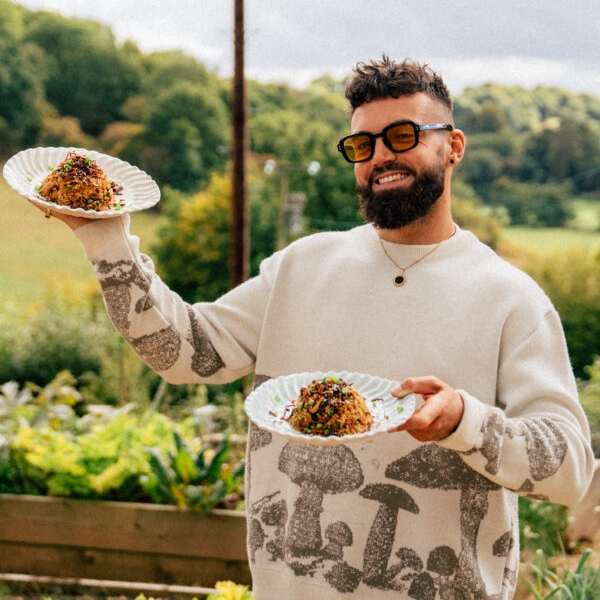
5. Gaz Oakley, UK
Gaz Oakley, a classically trained chef also known as Avant Garde Vegan, started working in Cardiff’s restaurant scene at the age of 16. It wasn’t until later on that he started to embrace plant-based cooking when he watched a speech by prominent animal rights activist Gary Yourofsky. After that, he knew he had to use his talent for cooking to attract more people to the movement.
To date, he has released three vegan cookbooks, and recently started touring his own restaurant concept, called Nana O’s, inspired by his grandmother’s recipes. Diners can enjoy comfort classics, like macaroni cheese, pizza, and traditional Welsh cawl, only with none of the animal products.
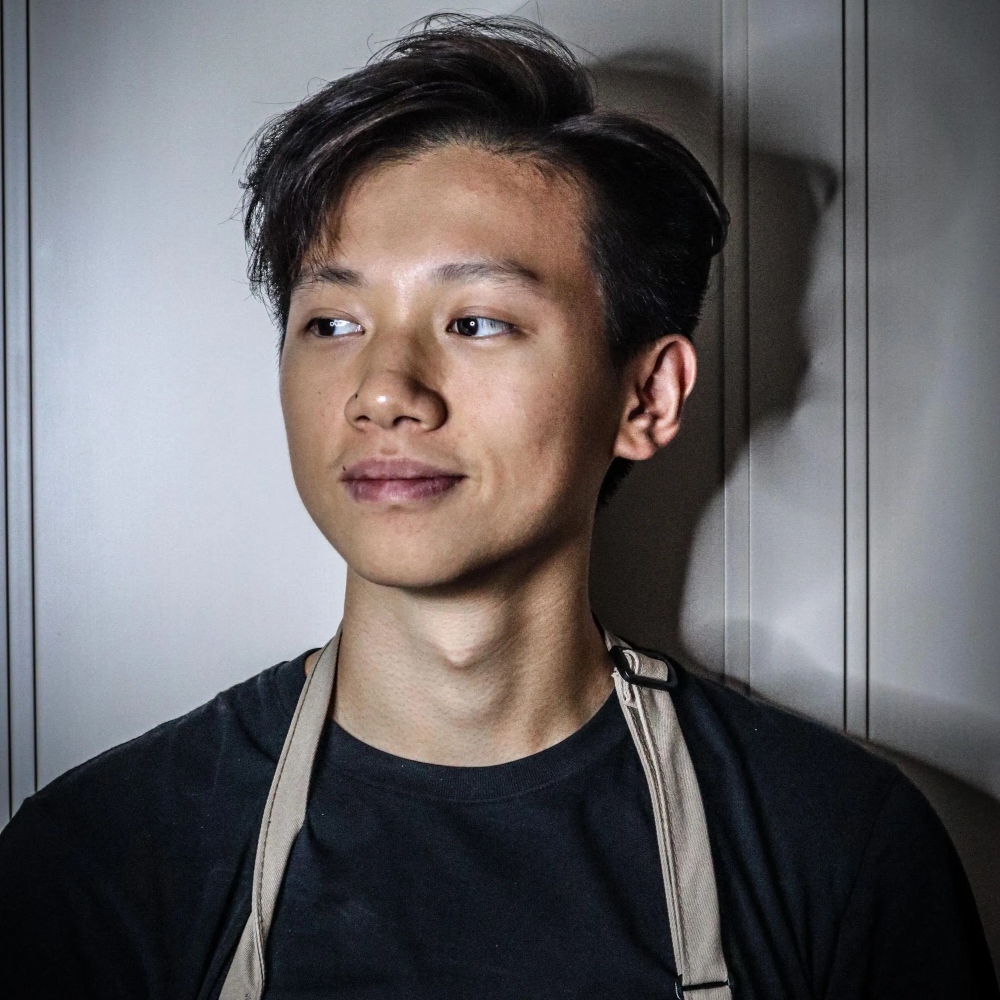
6. Chez Jorge, Taiwan
He might be only 20 years of age, but Chez Jorge (real name George Lee) is already making waves in the plant-based food industry. The young Taiwanese chef, who trained in Paris’s prestigious Le Cordon Blue culinary school, started making a big impression on social media last year when he was just 19. Now, he has 776,000 Instagram followers.
In particular, he is renowned for his plant-based takes on Taiwanese dishes, like flaky scallion pancakes and congee (rice porridge). But you can find a wide range of vegan concoctions on his website, including milk bread, katsu curry, and even chocolate ice cream.

7. Nicola Kagoro, Zimbabwe
Nicola Kagoro, whose nickname is Chef Cola, made her name as the plant-based chef for the Akashinga women, an anti-poaching unit in Zimbabwe. Outside of that, her work is dedicated to challenging misconceptions about plant-based food in her home country, where she maintains that many believe that “meat equals wealth.” In response to that belief, Kagoro founded the company African Vegan on a Budget, through which she aims to teach people about the merits and history of plant-based cooking in Africa. She was recently named on the 50 Next list of people “shaping the future of gastronomy.”
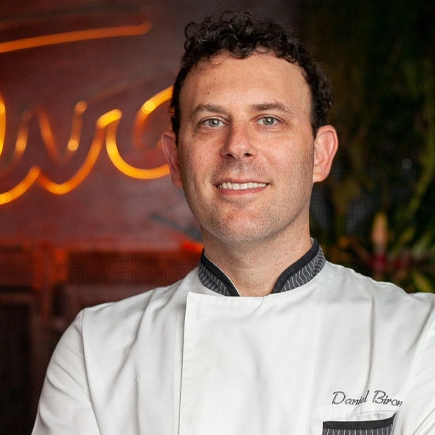
8. Daniel Biron, Brazil
Like many esteemed chefs, Daniel Biron spent time in New York and Paris honing his cooking skills. After that, he moved to Denmark, where he was put through his paces at the highly respected, two-Michelin-starred restaurant Noma, in Copenhagen. He’s cooked and studied all over the world, but his roots are in Brazil, where he was born and raised. He told the Vegetarian Times, “Brazil is large and diverse, so [plant-based food] varies by region. But you can find naturally veg food everywhere: fresh juices, vegetables, fruits, beans, grains, nuts, and seeds.”
Now, you can sample Biron’s cooking at his own plant-based restaurant Teva, in Rio de Janeiro. Every dish revolves around vegetables, from Hearts of Palm Pastel to Jackfruit Tacos to Portobello Carpaccio.
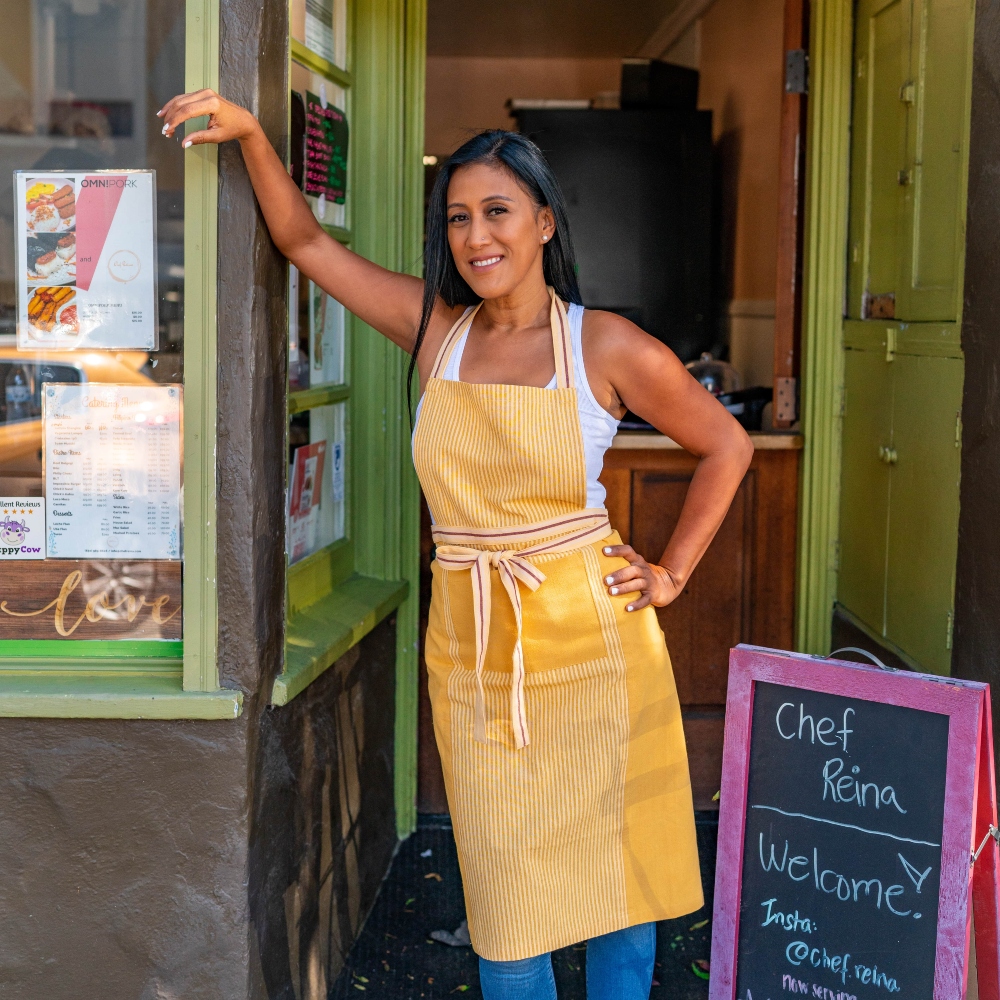
9. Reina Monenegro, Philippines/USA
Reina Montenegro comes from Dumaguete City in the Philippines, but she moved to the US in the 1990s. She’s a self-taught chef, but that is not reflected in her cooking skills. Montenegro is renowned for her incredible ability to take traditionally meaty Filipino dishes, like adobo and sisig, and put her own signature plant-based spin on them.
She has three vegan restaurants across California under her brand Nick’s, as well as a self-titled eatery in San Francisco called Chef Reina. But, with every dish, comfort and nourishment are key. Last year, she told Medium that vegan Filipino food feels “like home” to her.
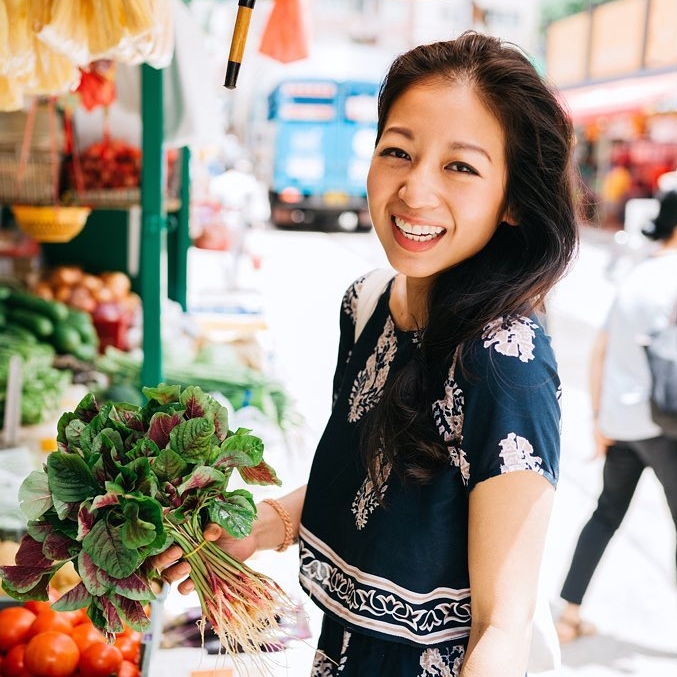
10. Peggy Chan, Hong Kong
Credited with helping build the region’s vegan scene, Peggy Chan is one of Hong Kong’s most influential plant-based chefs. Her original eatery Grassroots Pantry opened in 2012, bringing innovative and sustainable cuisine to the region’s diners, but also tourists from all over the world. In 2019, it was rebranded to Nectar but closed at the end of the year, citing instability in Hong Kong’s restaurant industry.
But Chan did not give up. In 2021, she launched her first digital cookbook, Provenance, which reflected on her legacy, her personal journey, and of course, her ingenious recipes, but also, the importance of food sustainability. She said at the time of its launch: “[Provenance is] a culmination of everything we at Grassroots have done, packaged as a memoir and a guide to help you proactively participate in climate action.”
Now, she is dedicated to a new project, the non-profit Zero Foodprint Asia (ZFPA), which strives to help Hong Kong’s restaurants embrace and promote sustainable, plant-based food by mobilizing operators around agricultural climate solutions.
Lead image courtesy of Canva.
The post From the USA to Hong Kong, These Are the Top Vegan Chefs In The World first appeared on Green Queen.
The post From the USA to Hong Kong, These Are the Top Vegan Chefs In The World appeared first on Green Queen.
This post was originally published on Green Queen.
